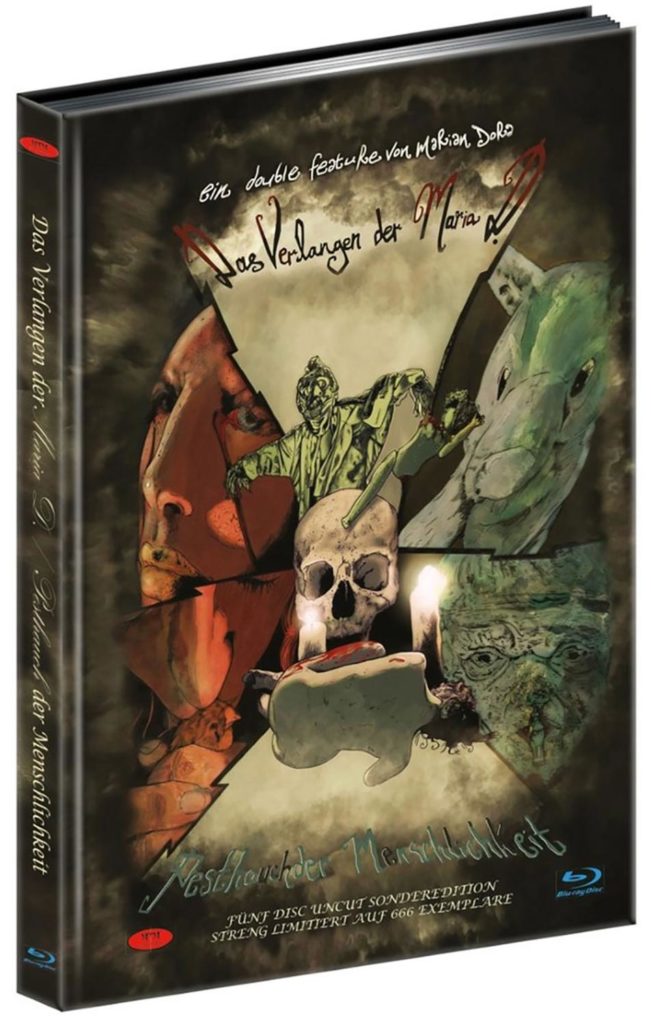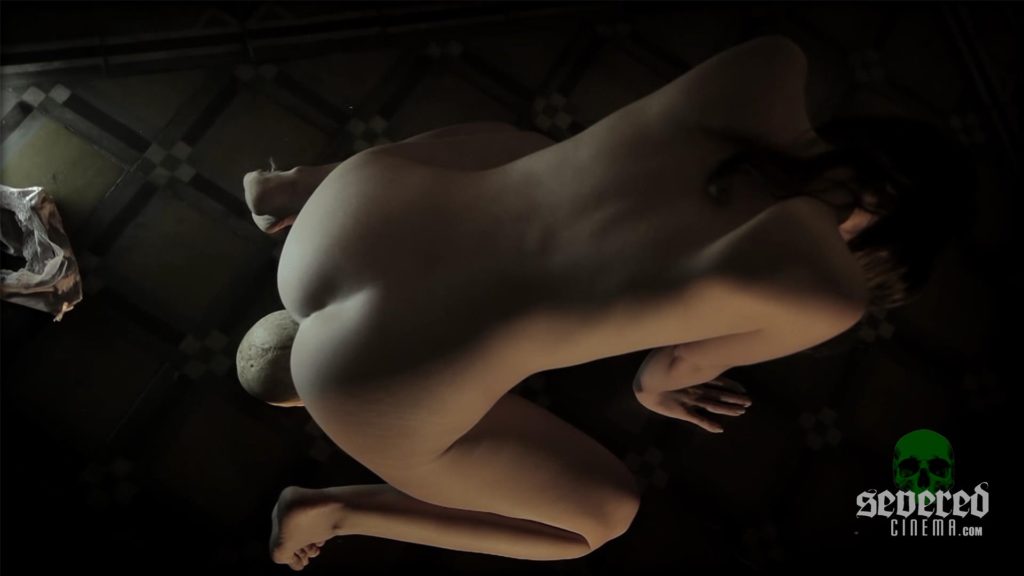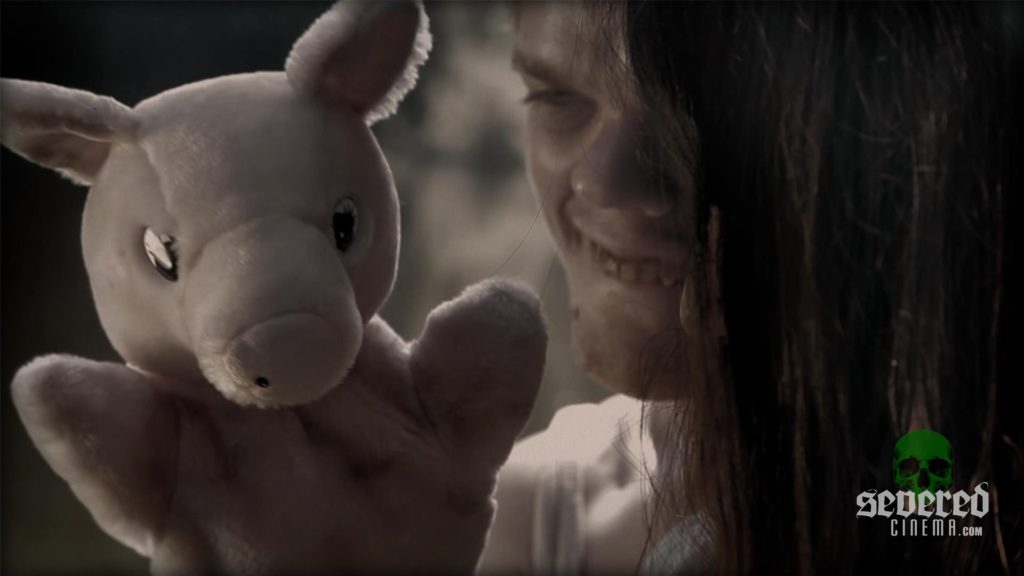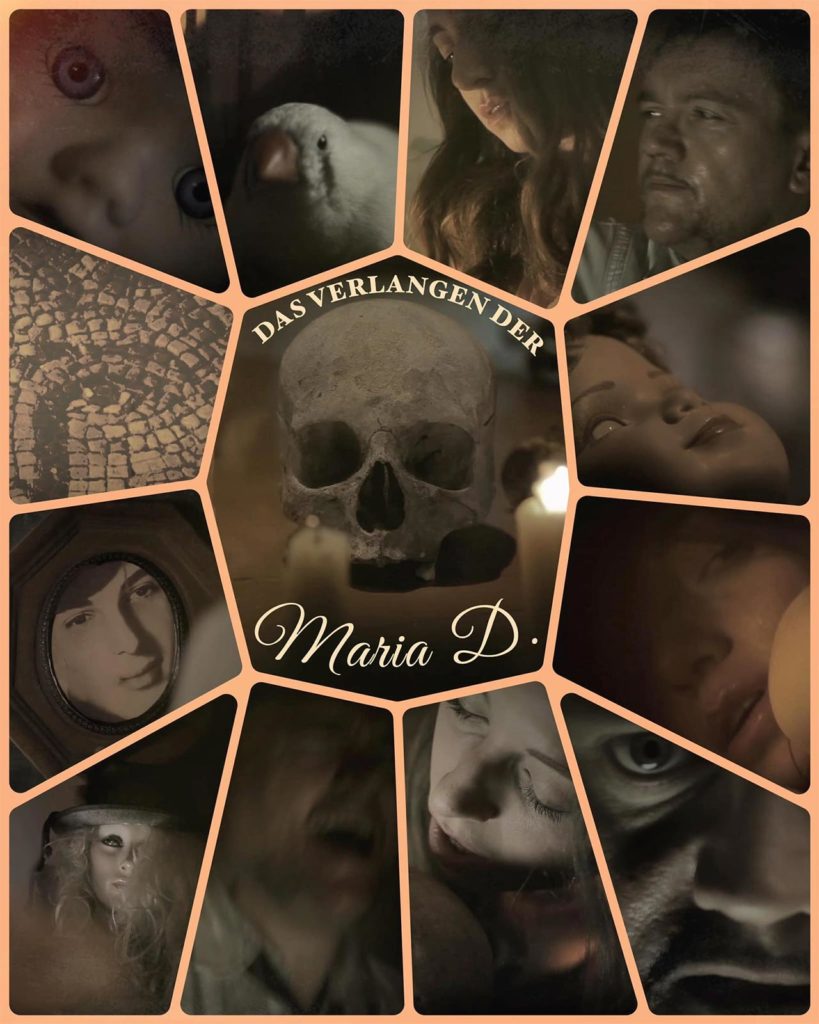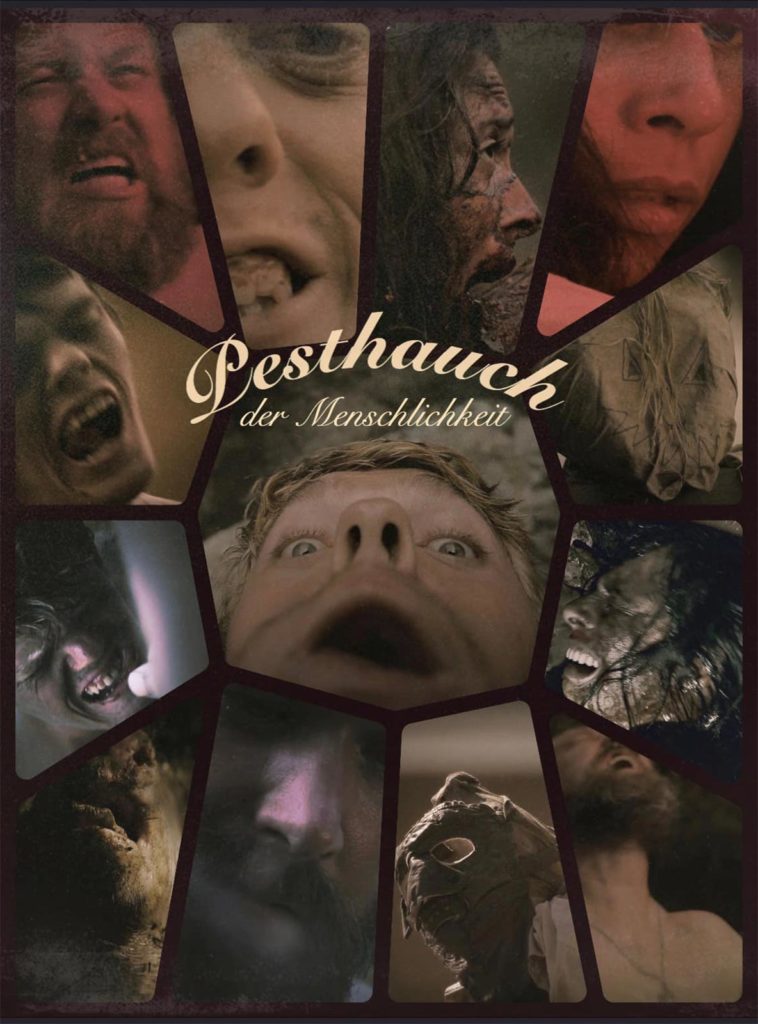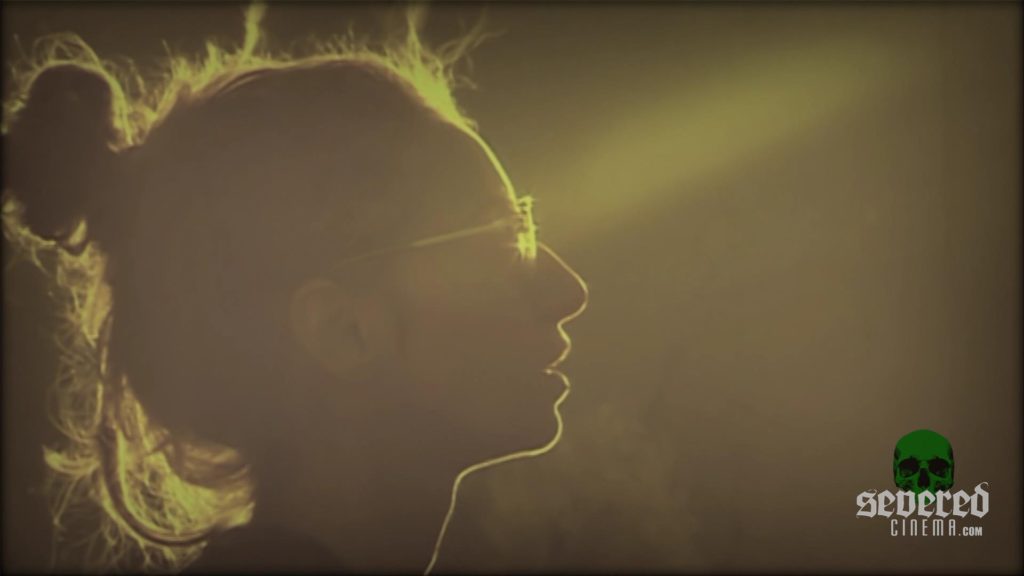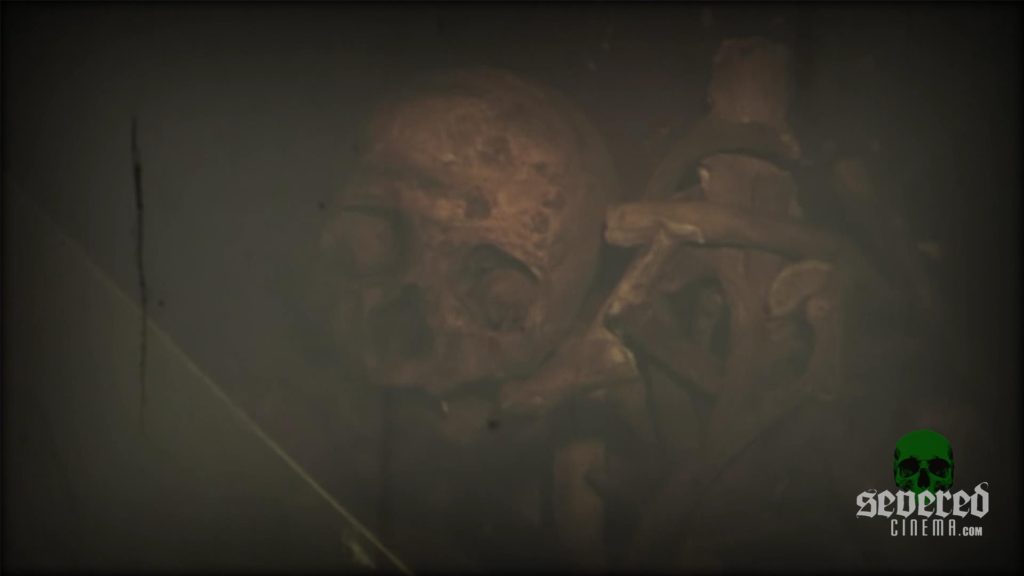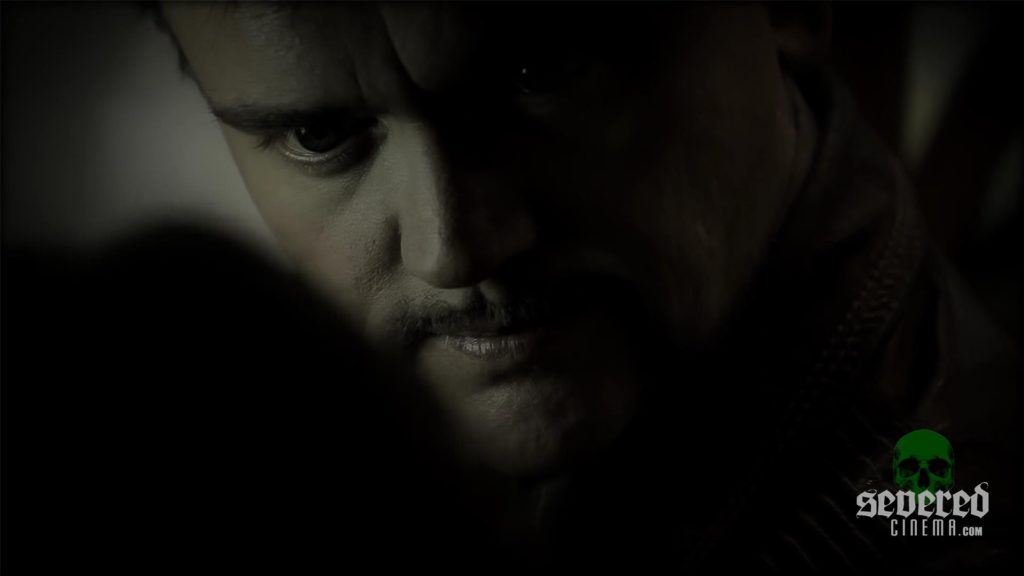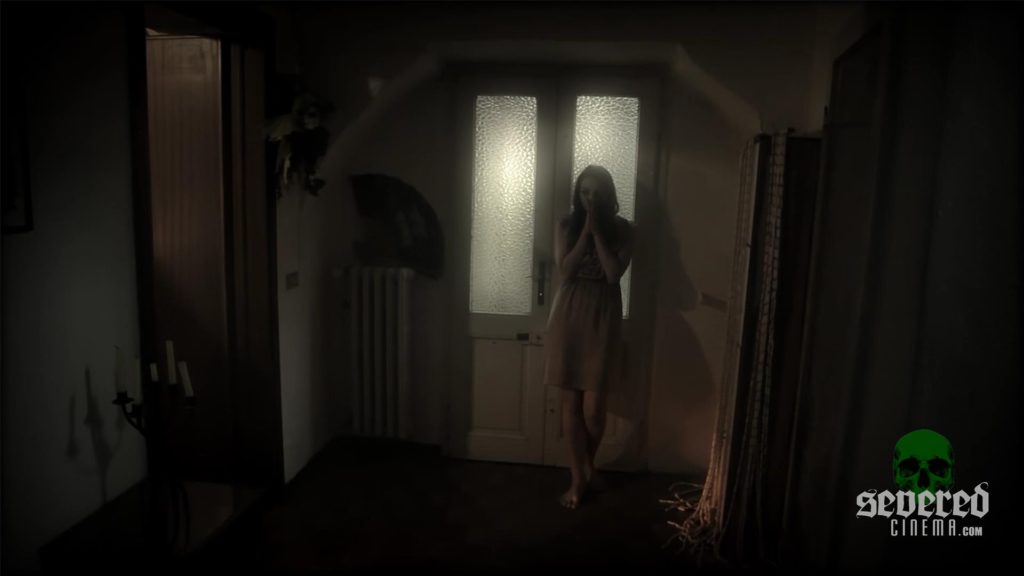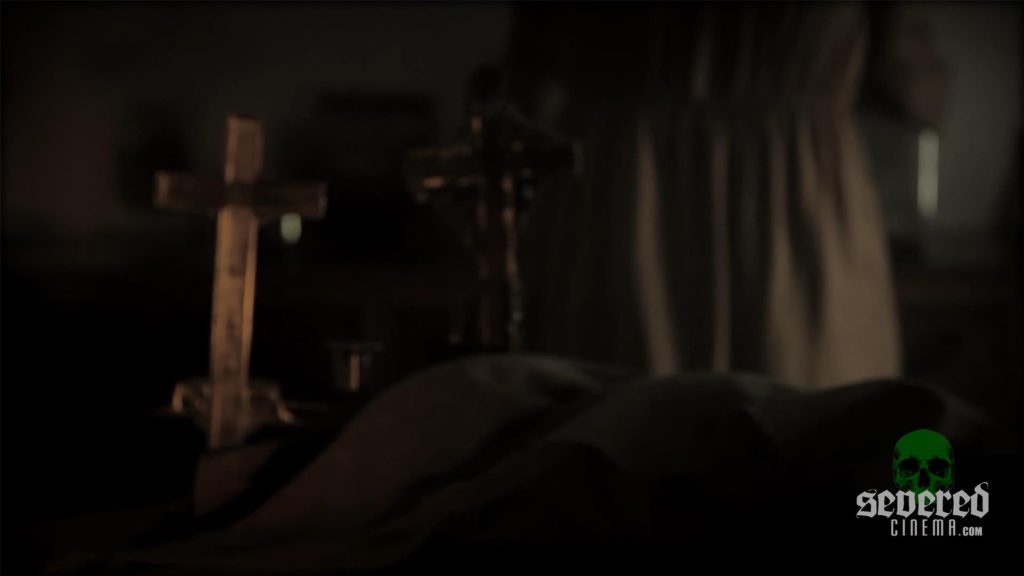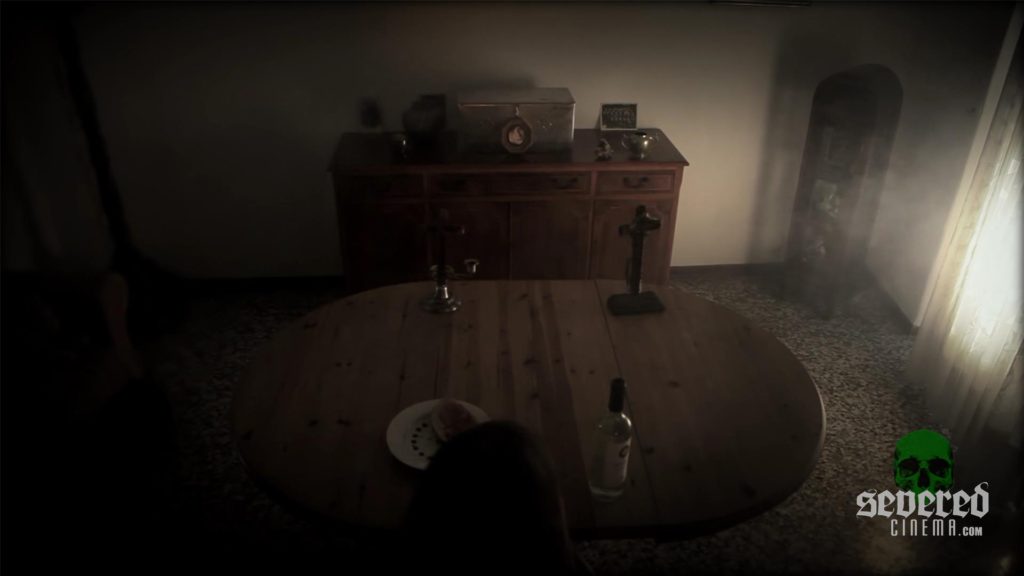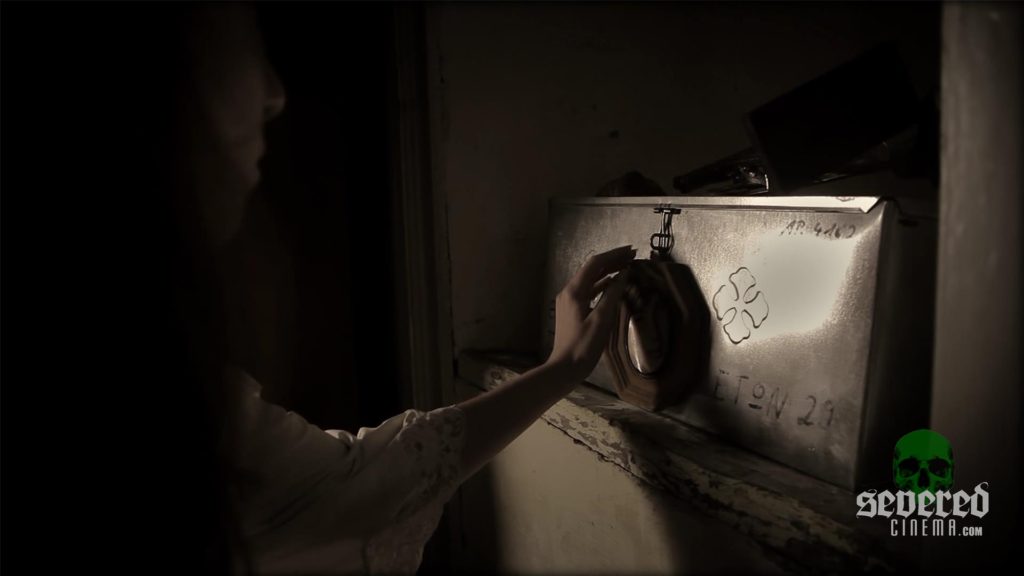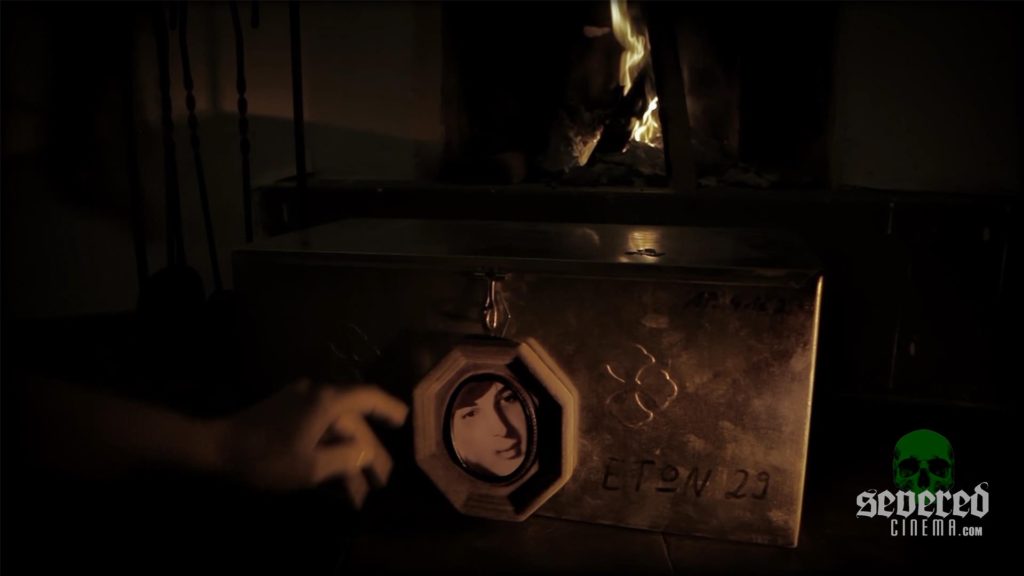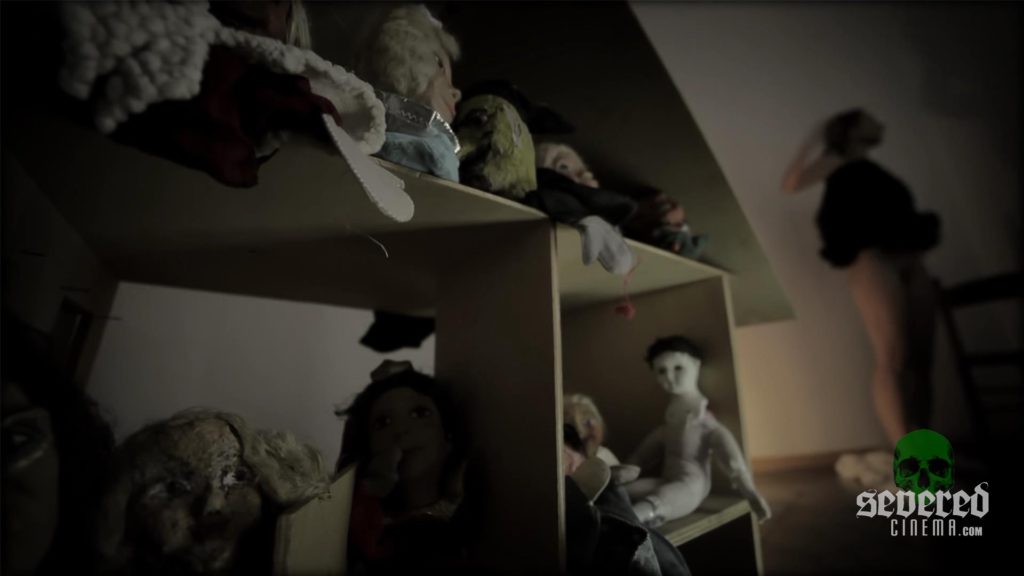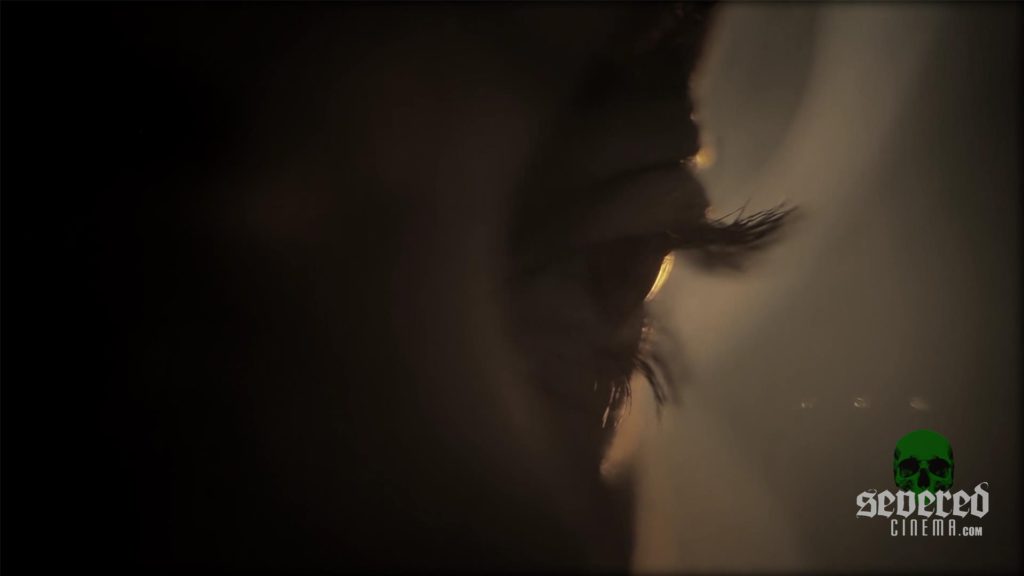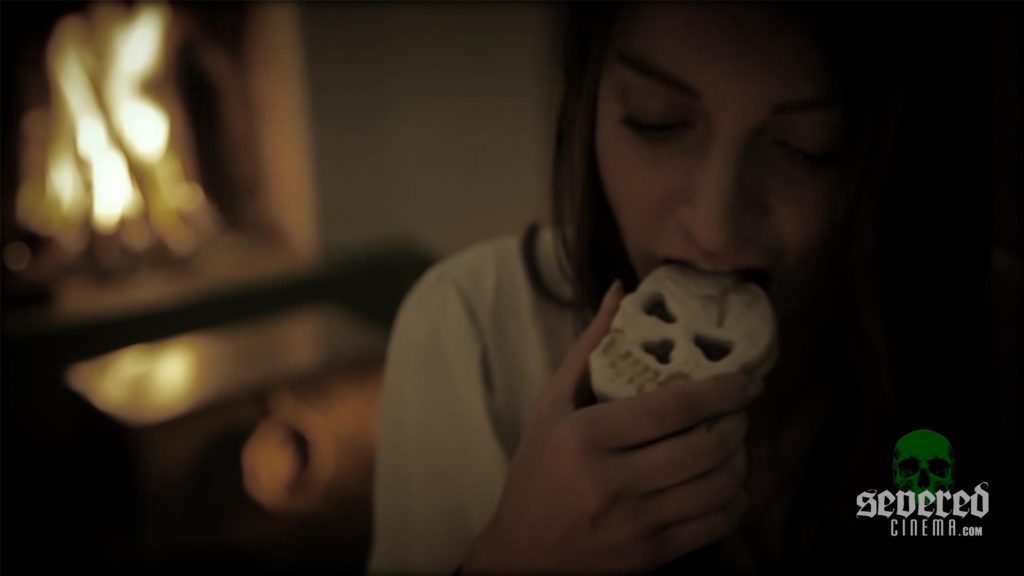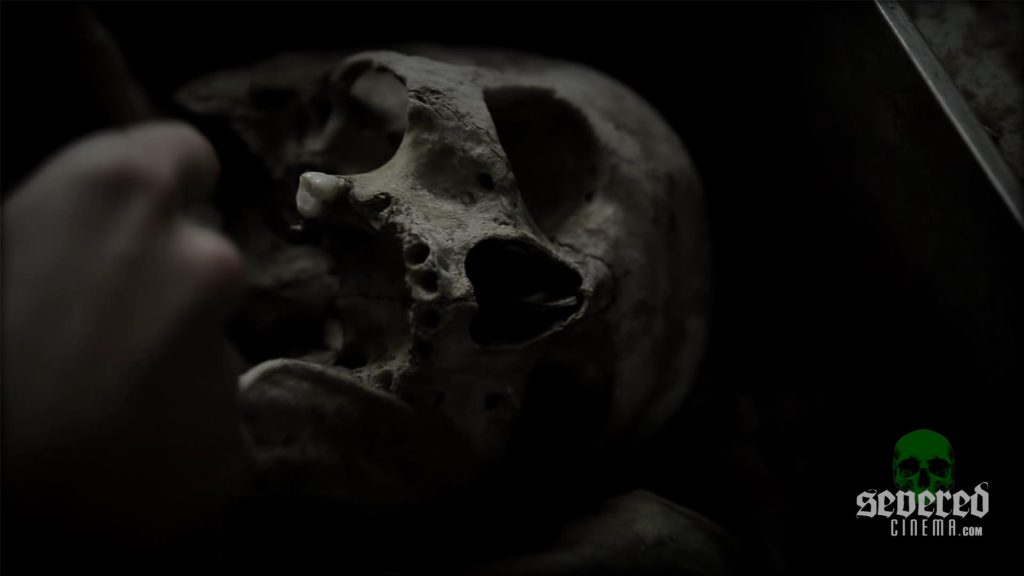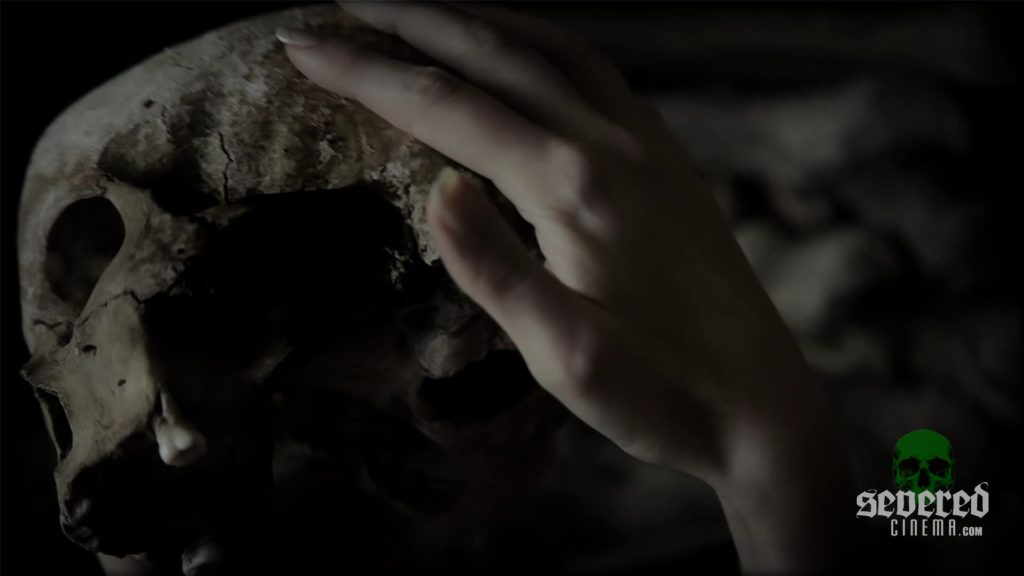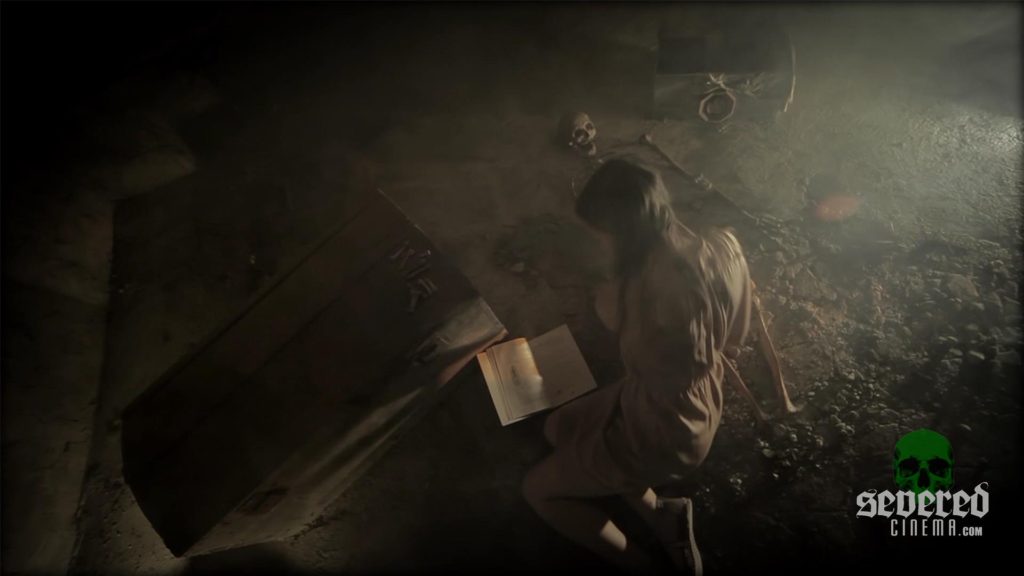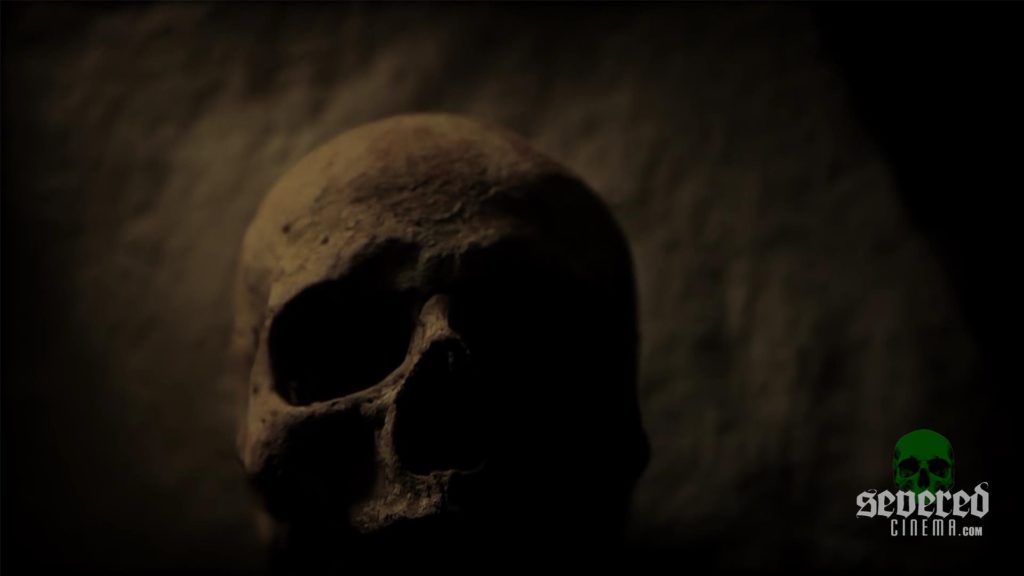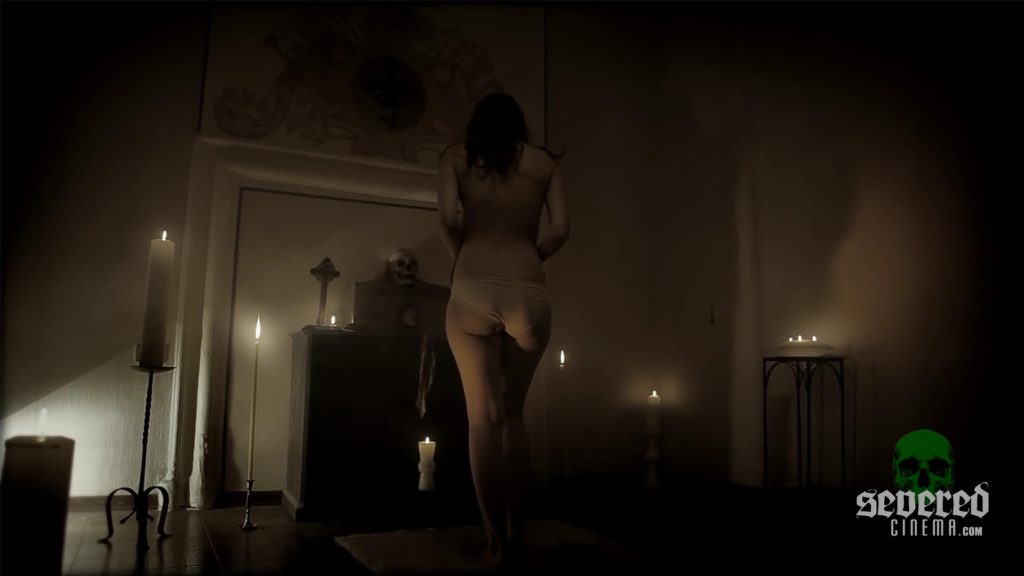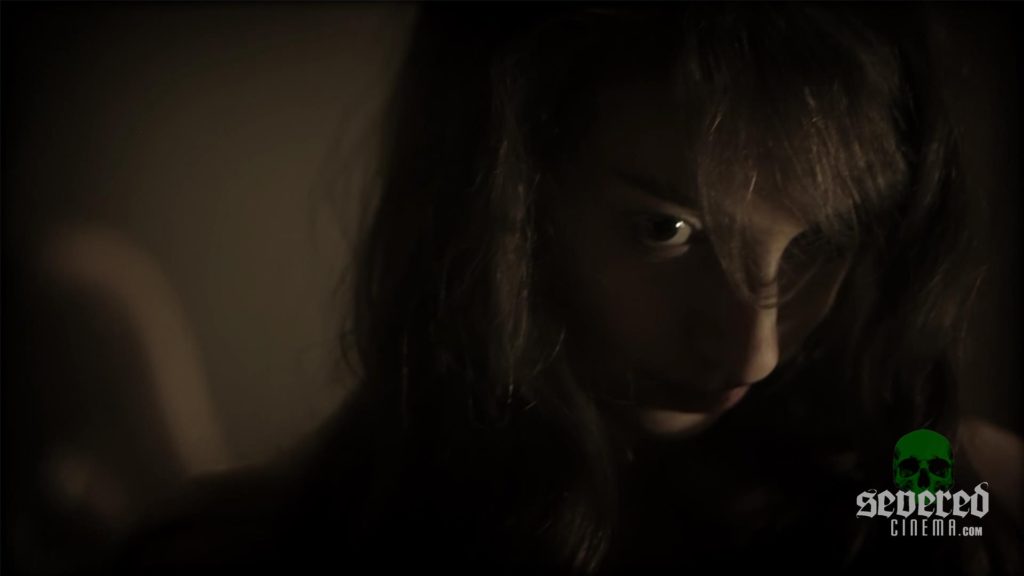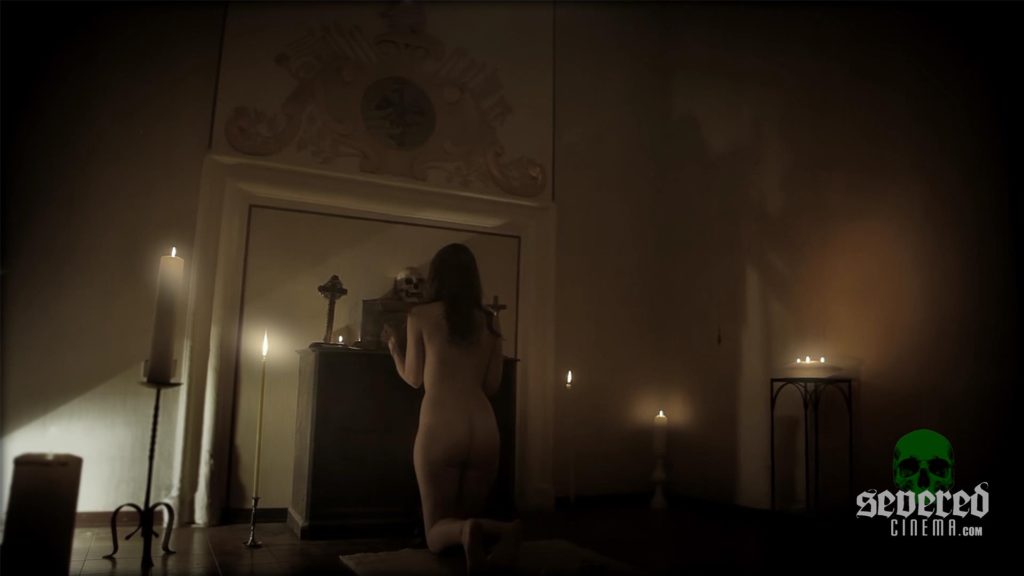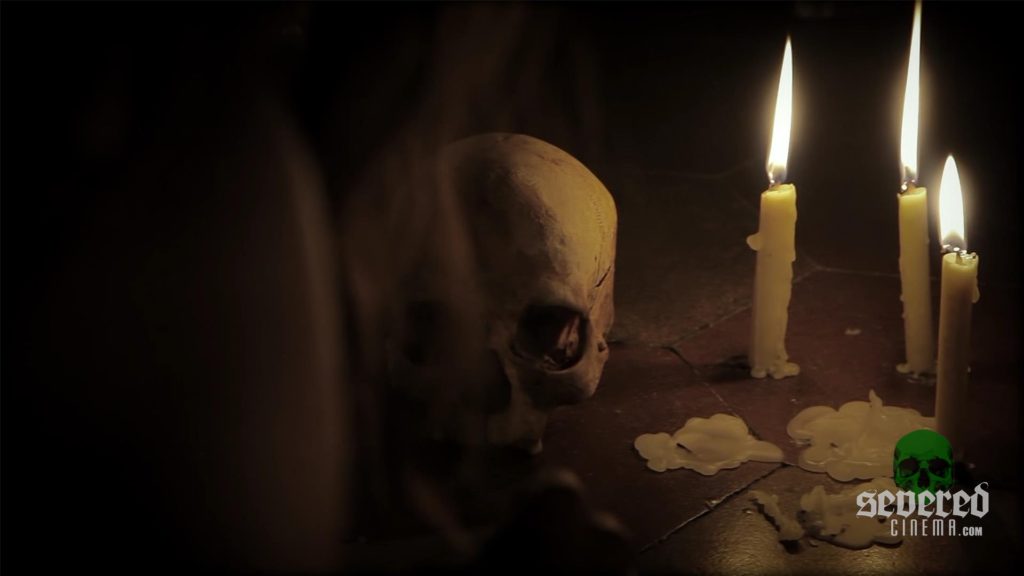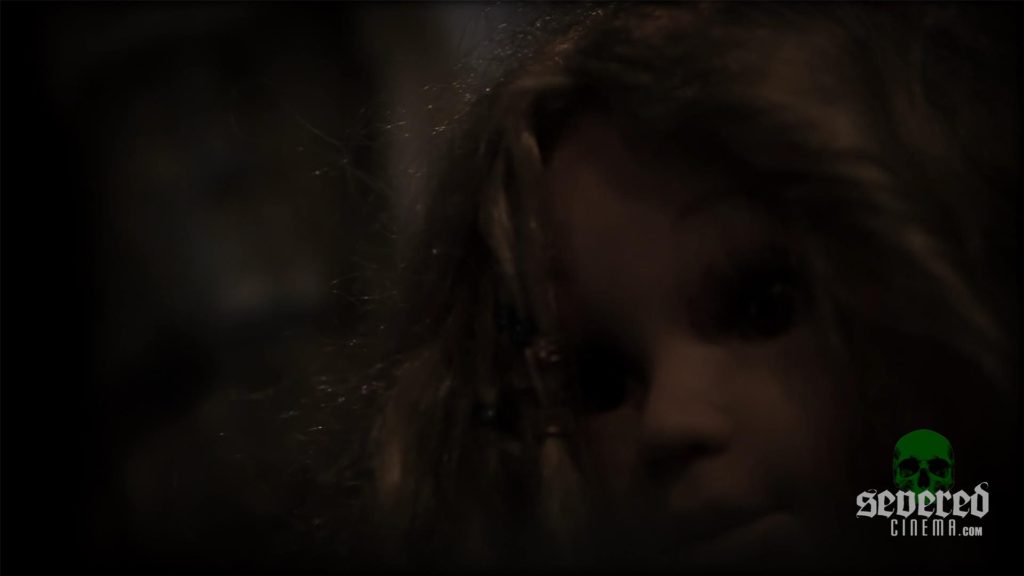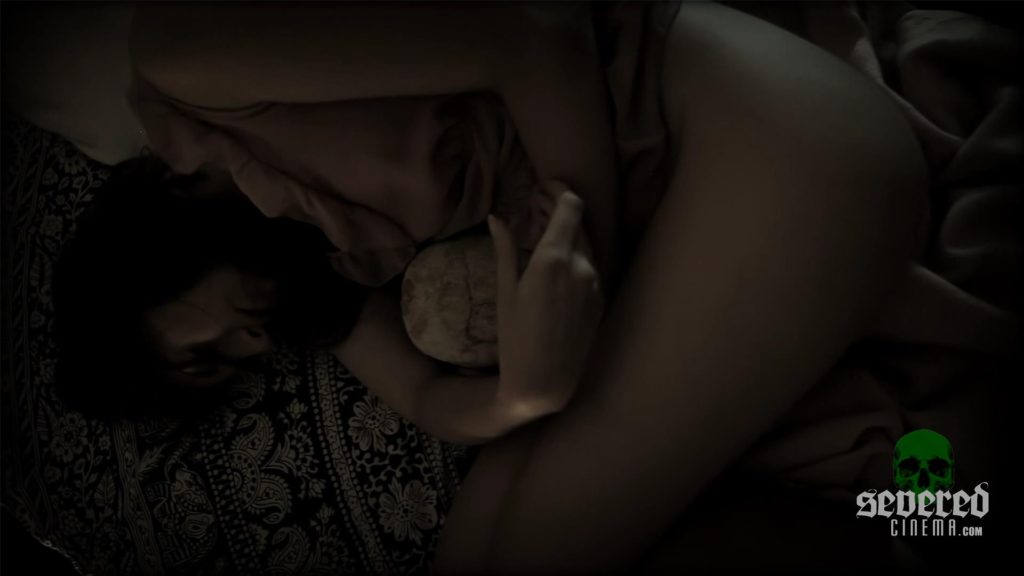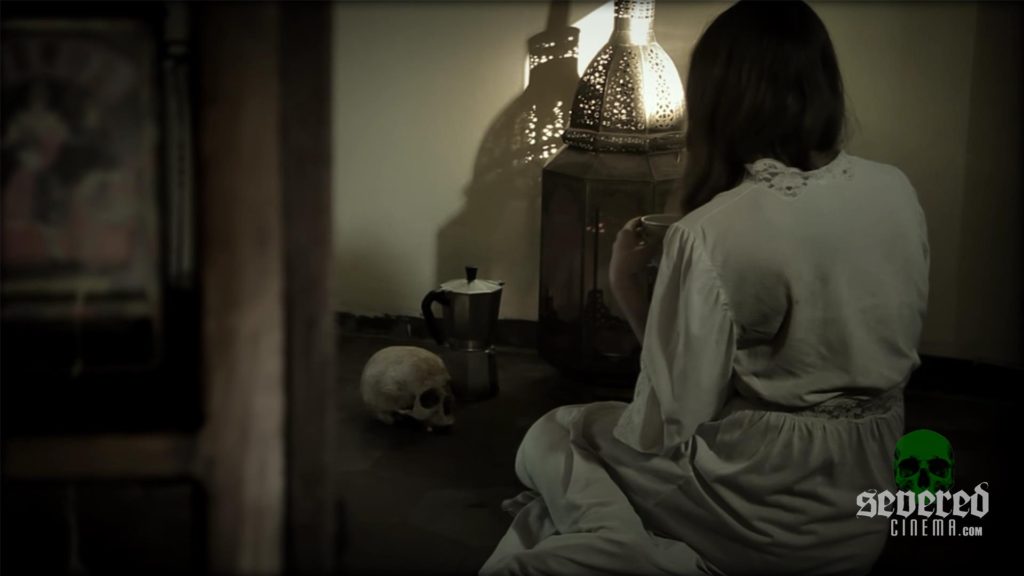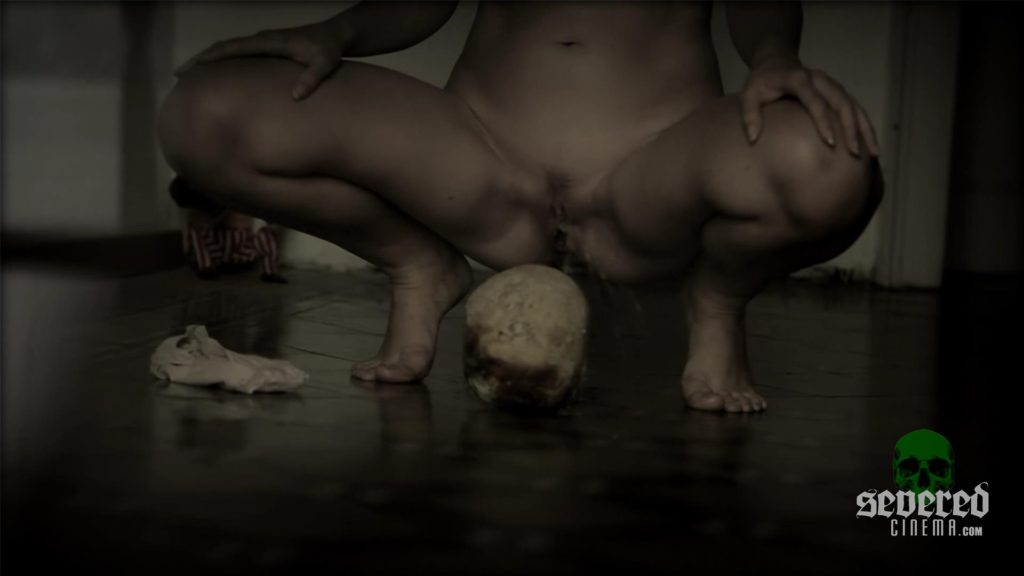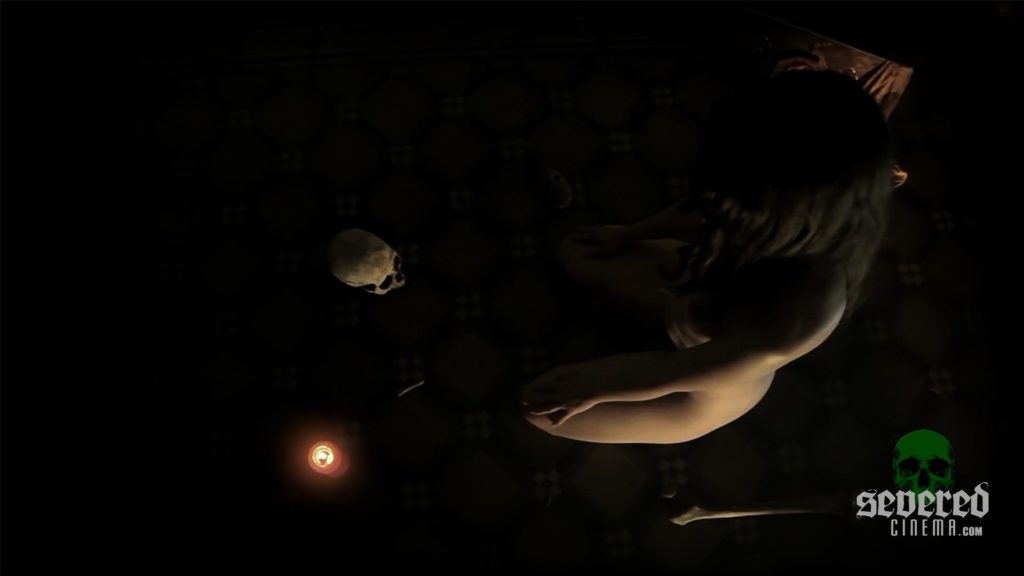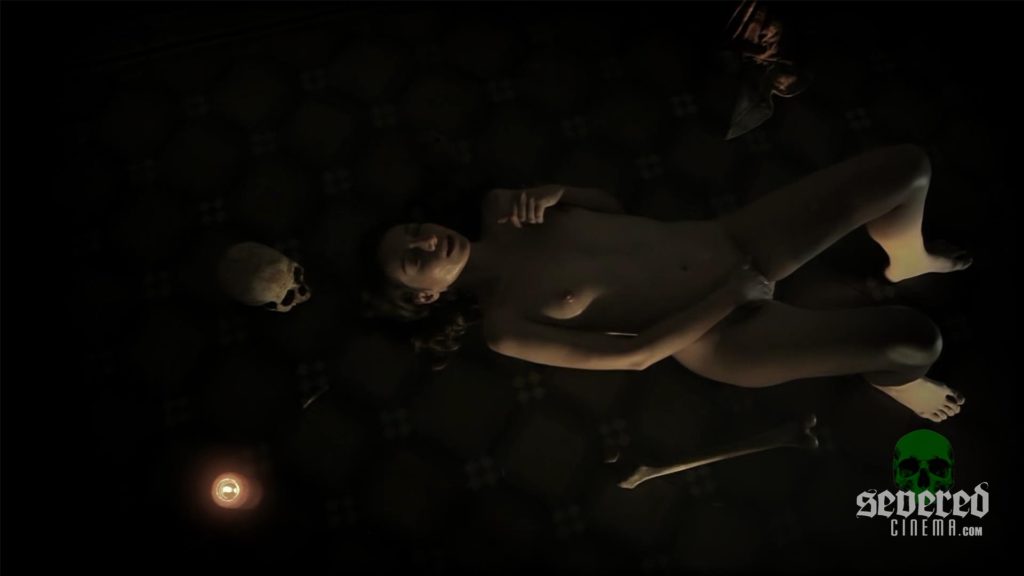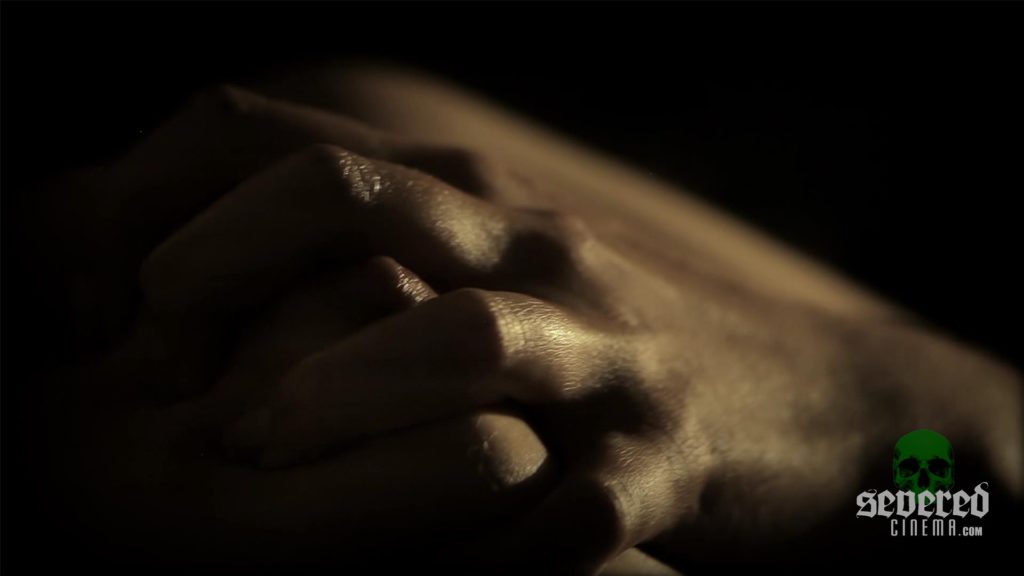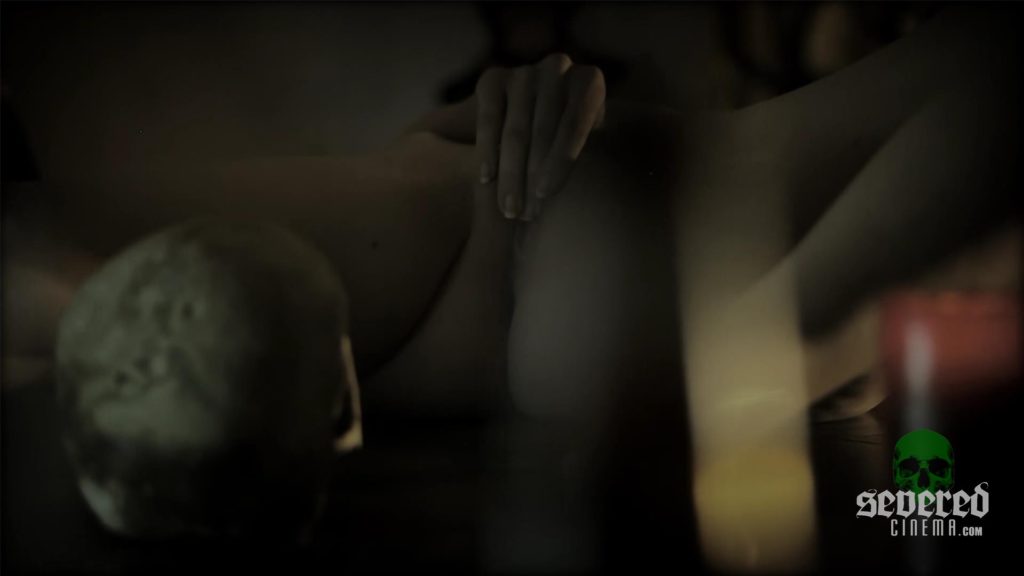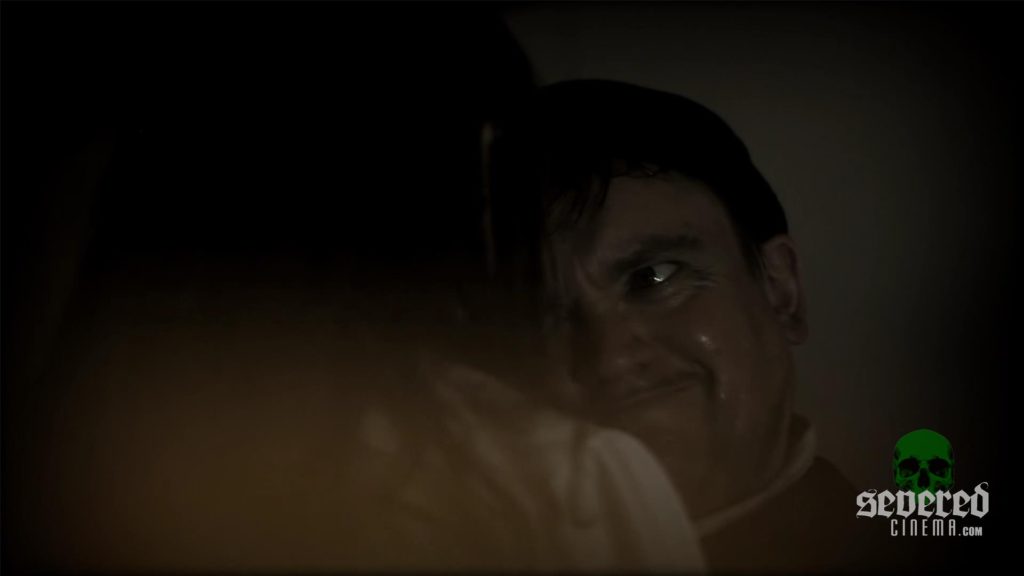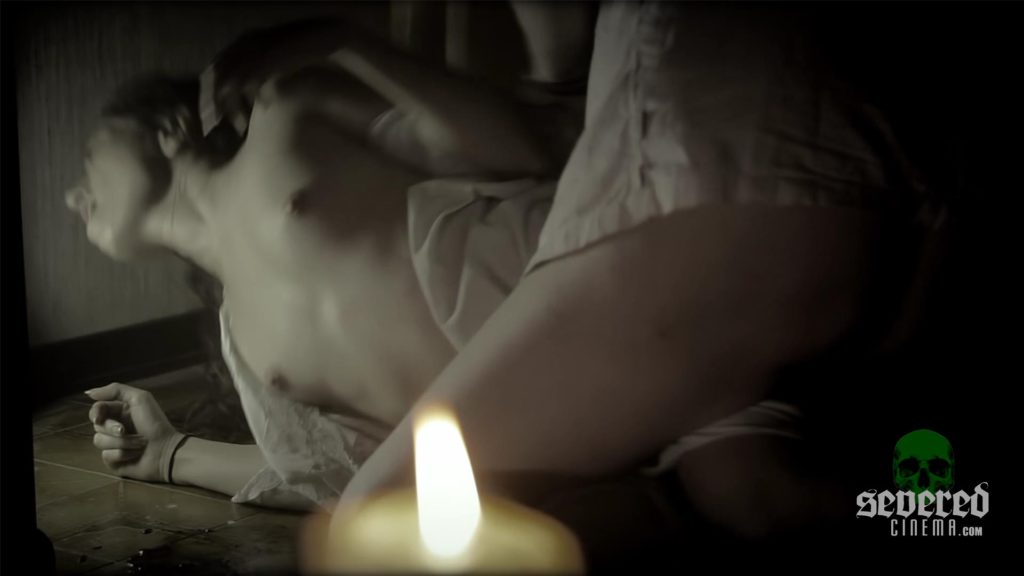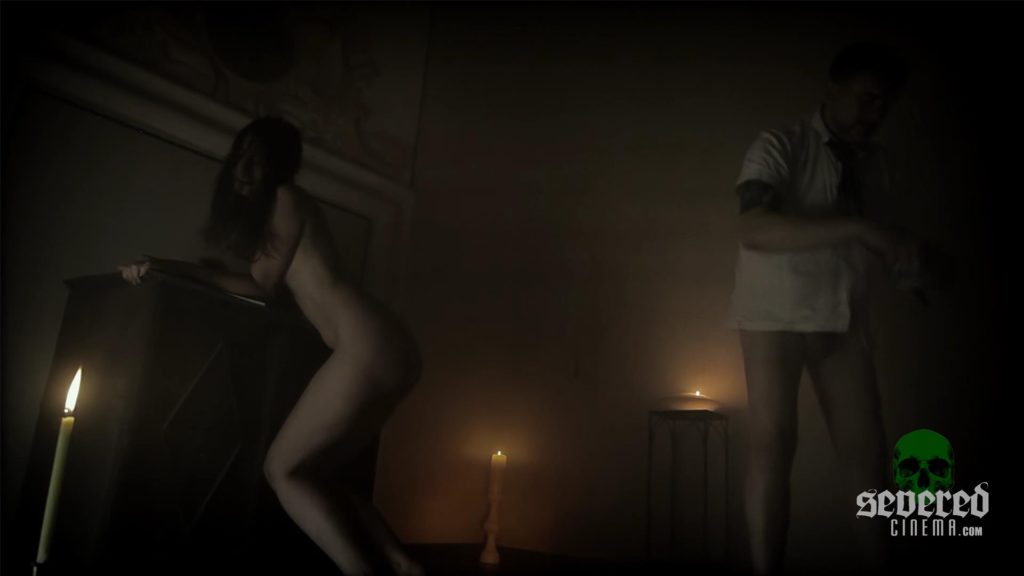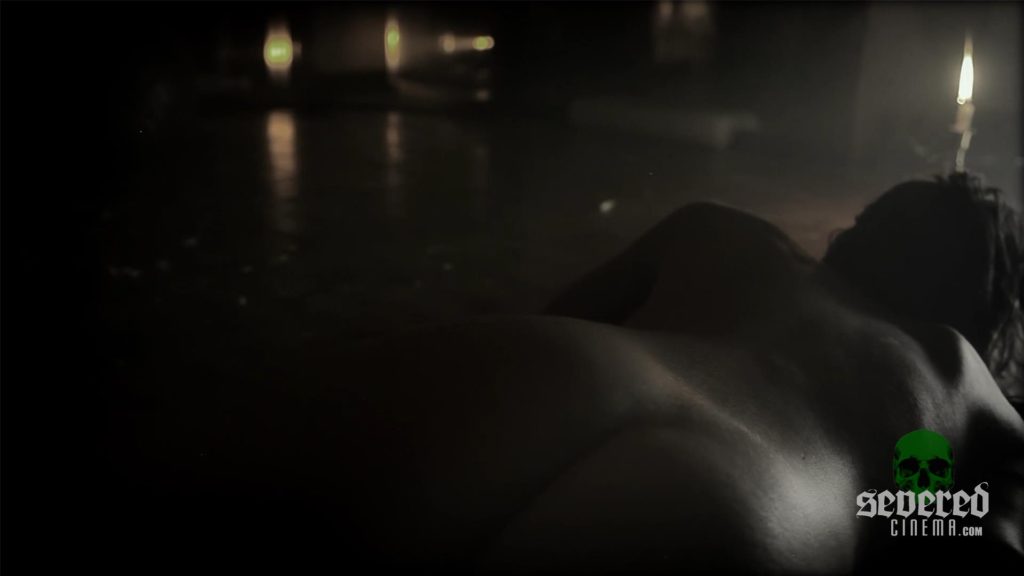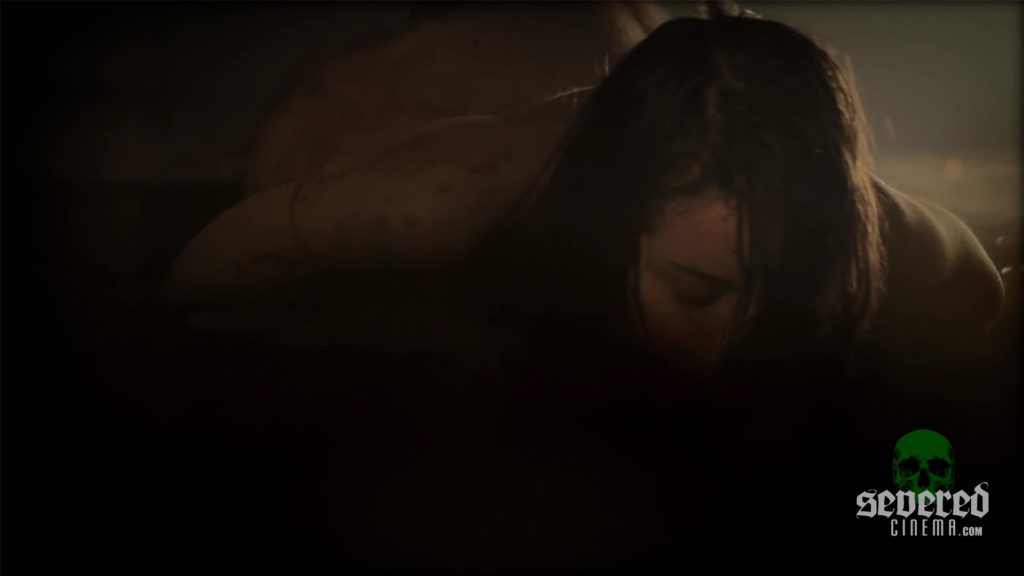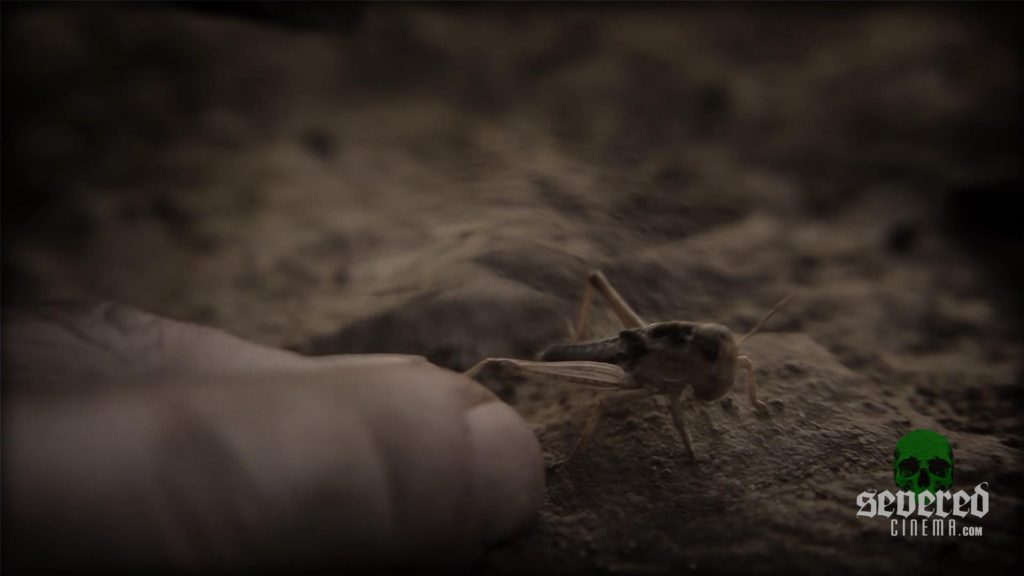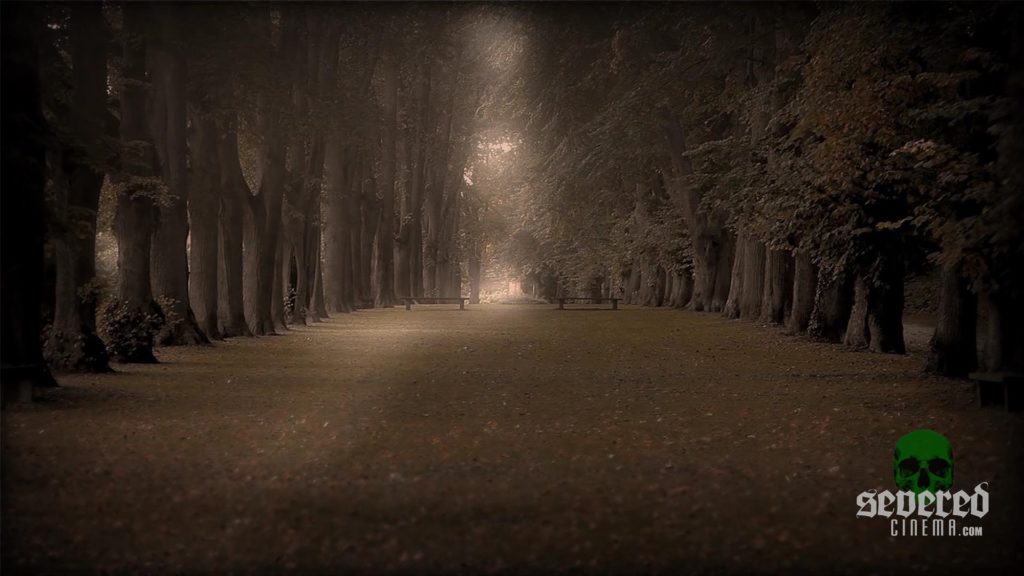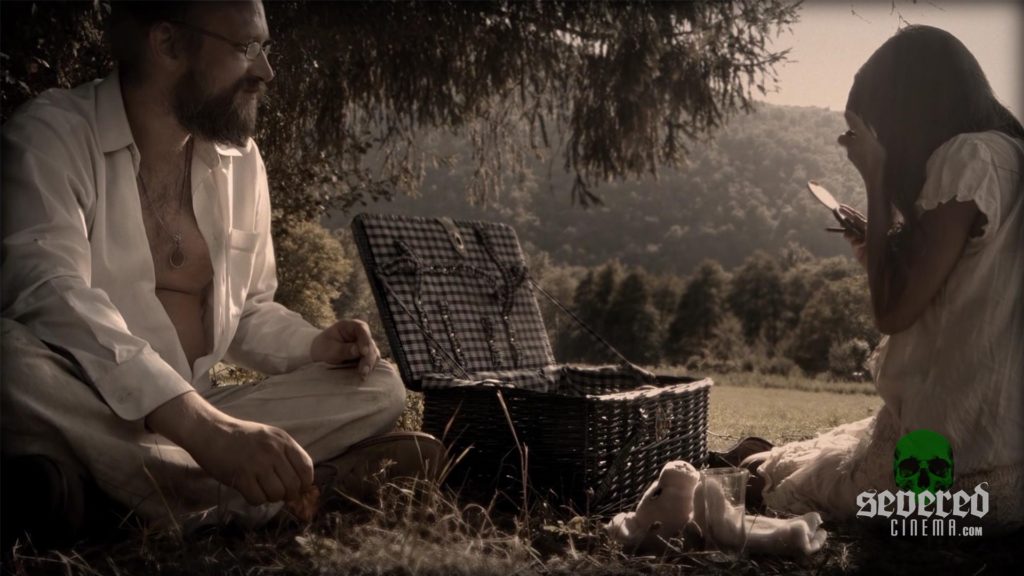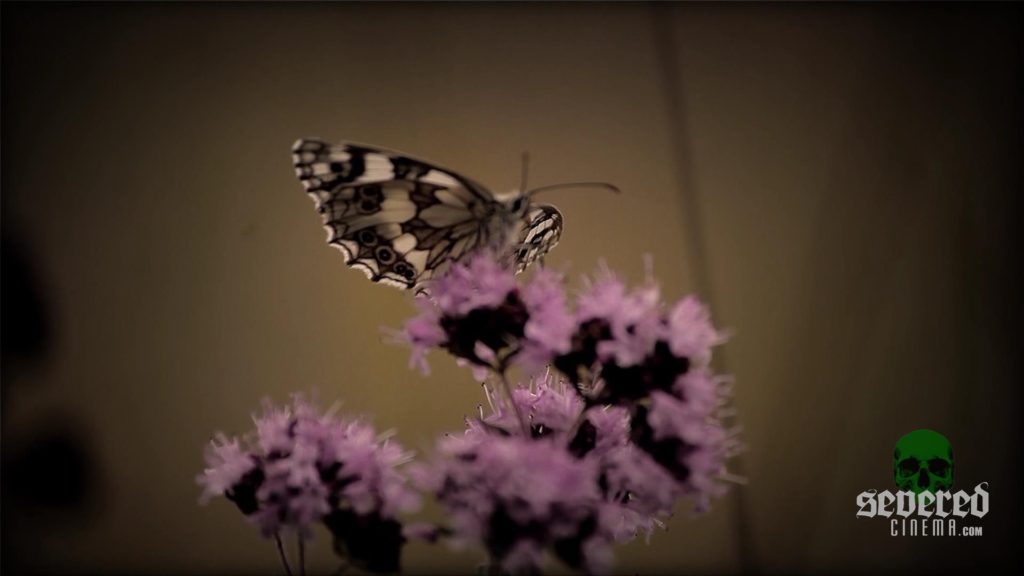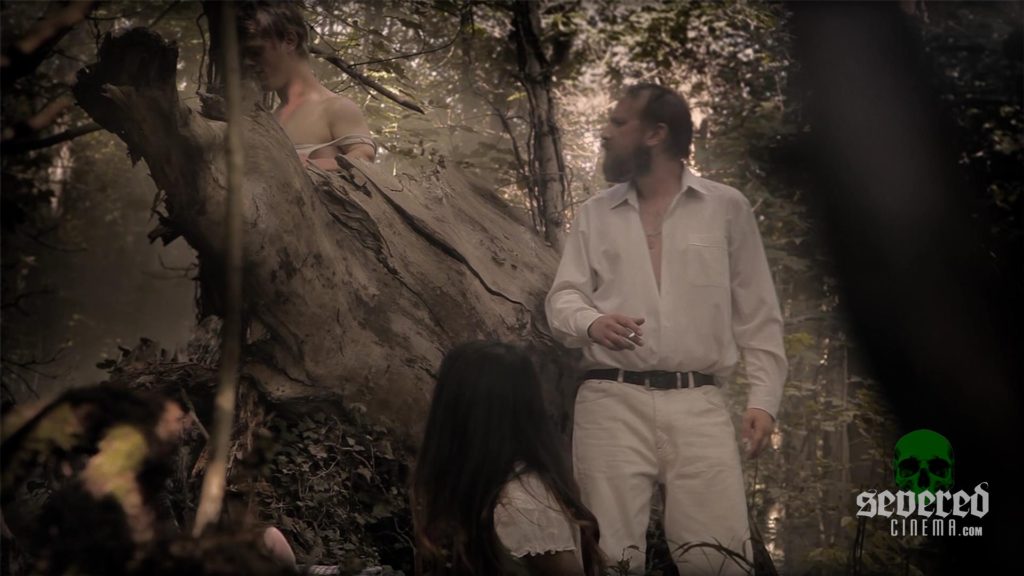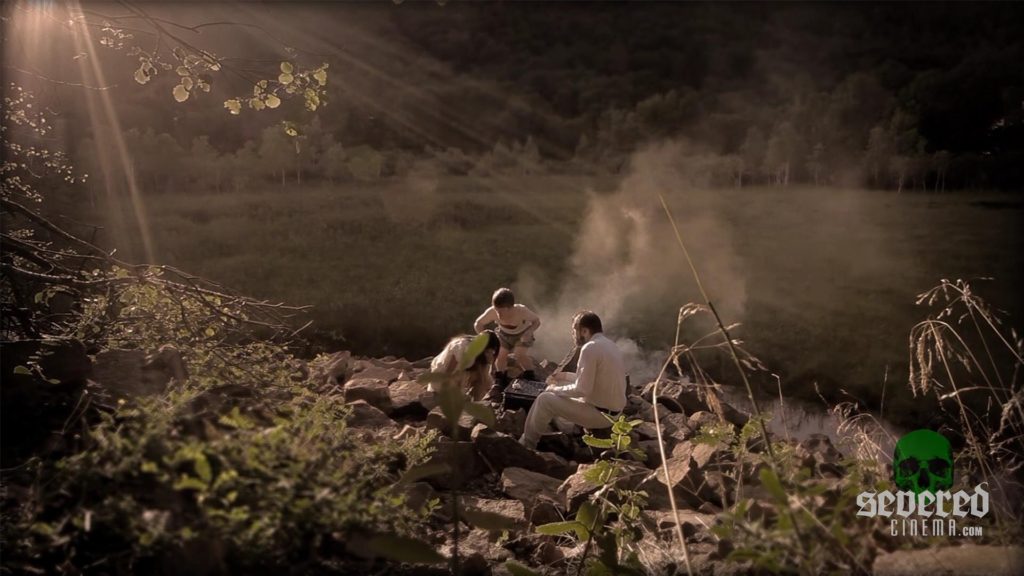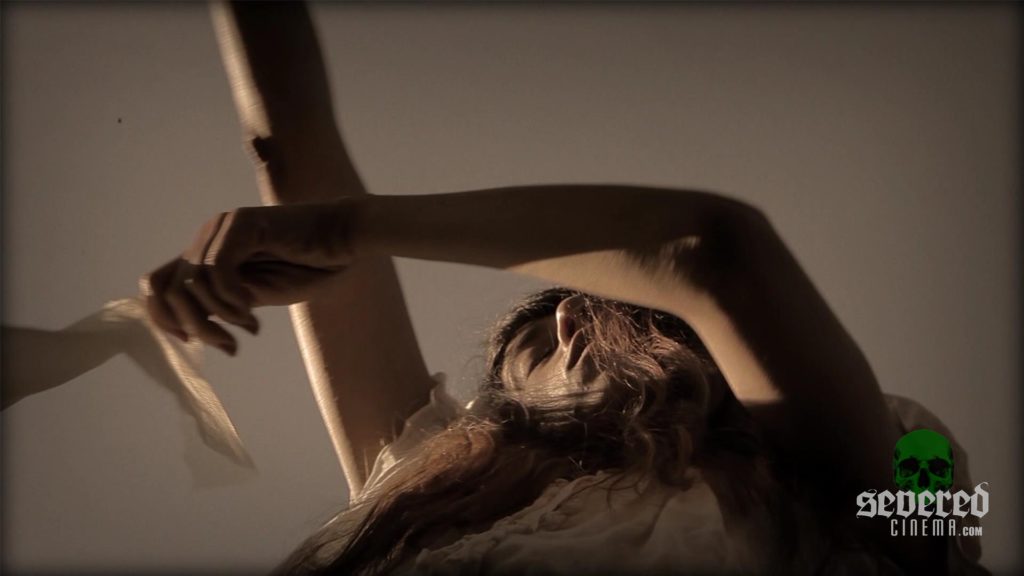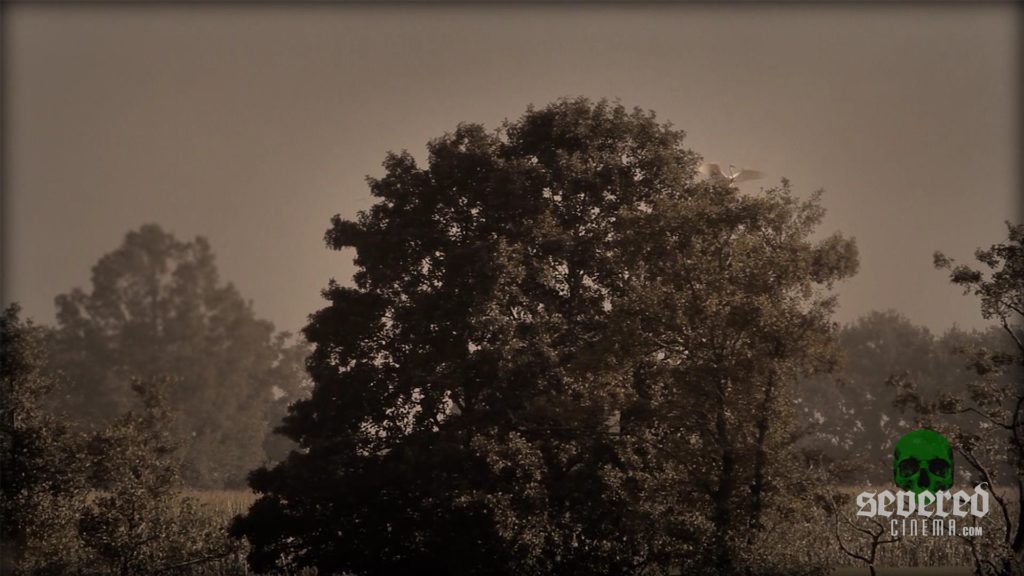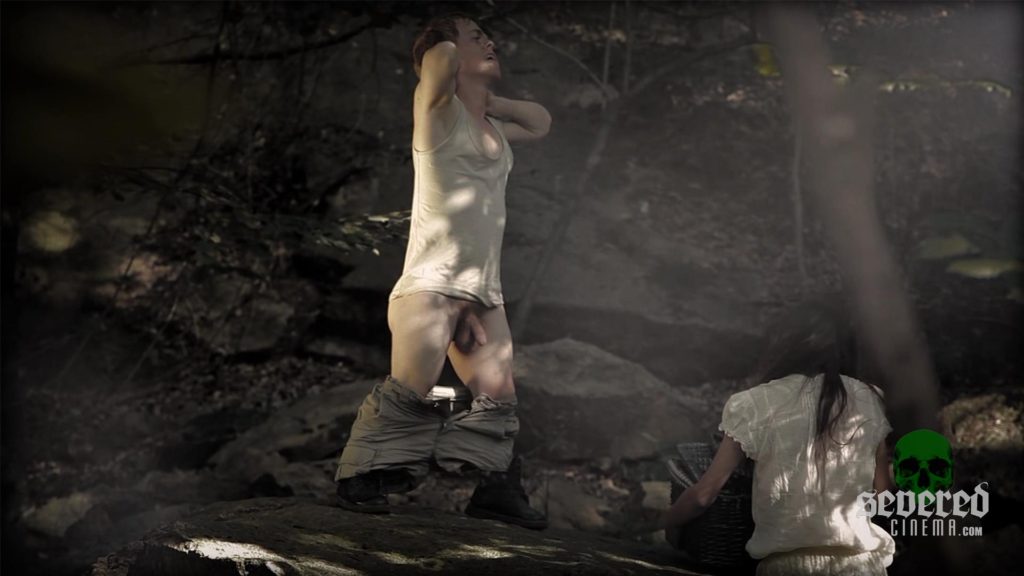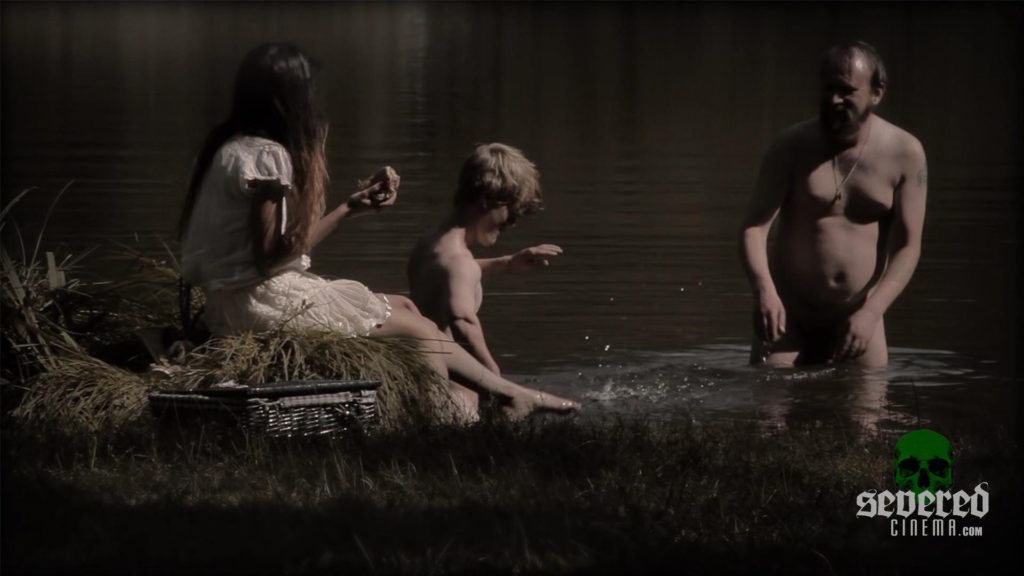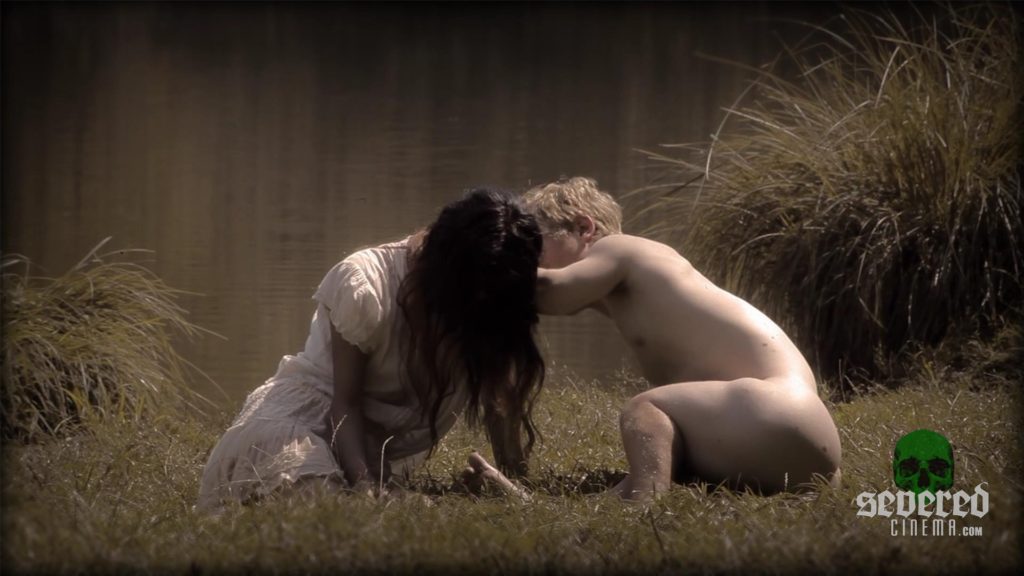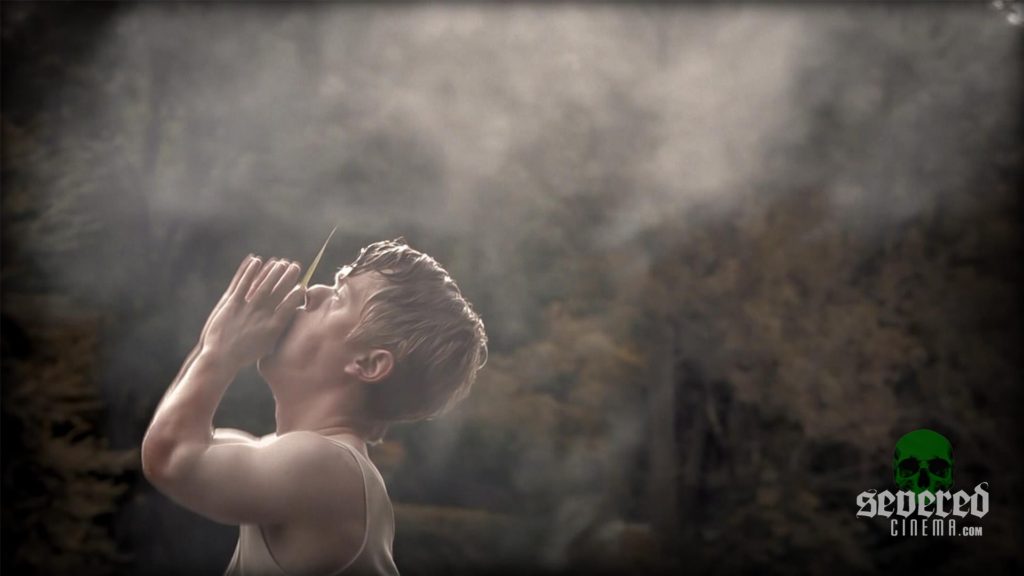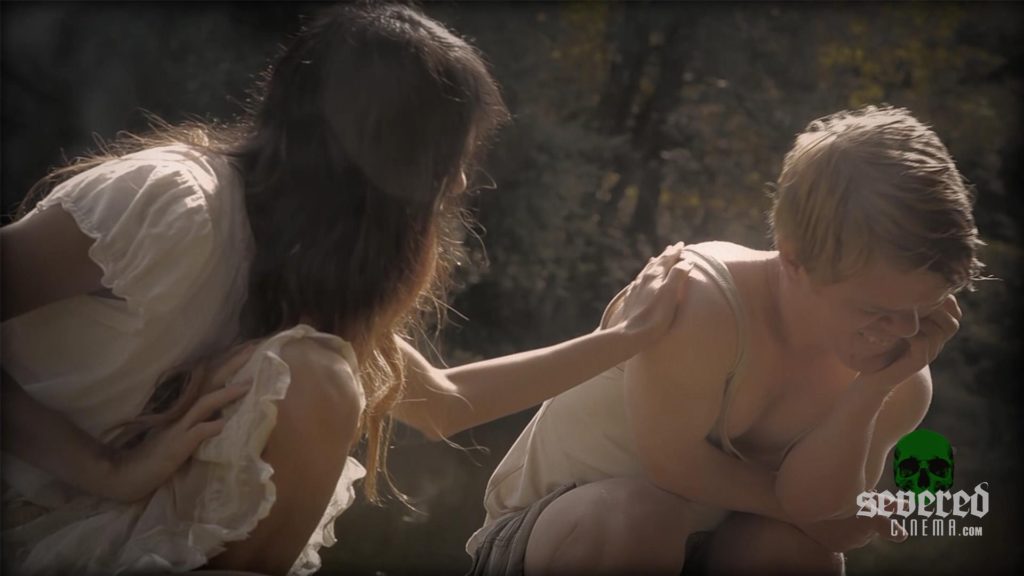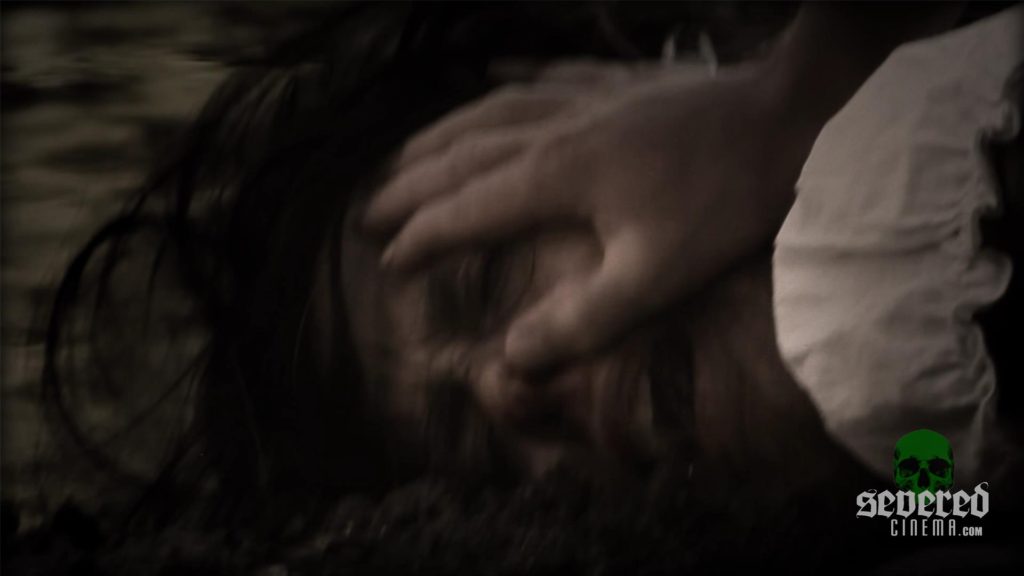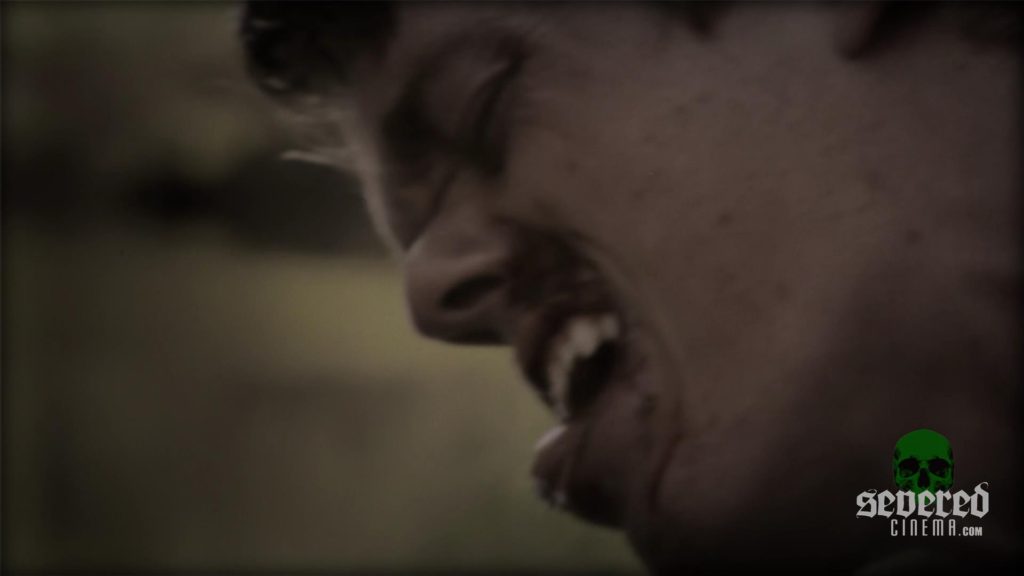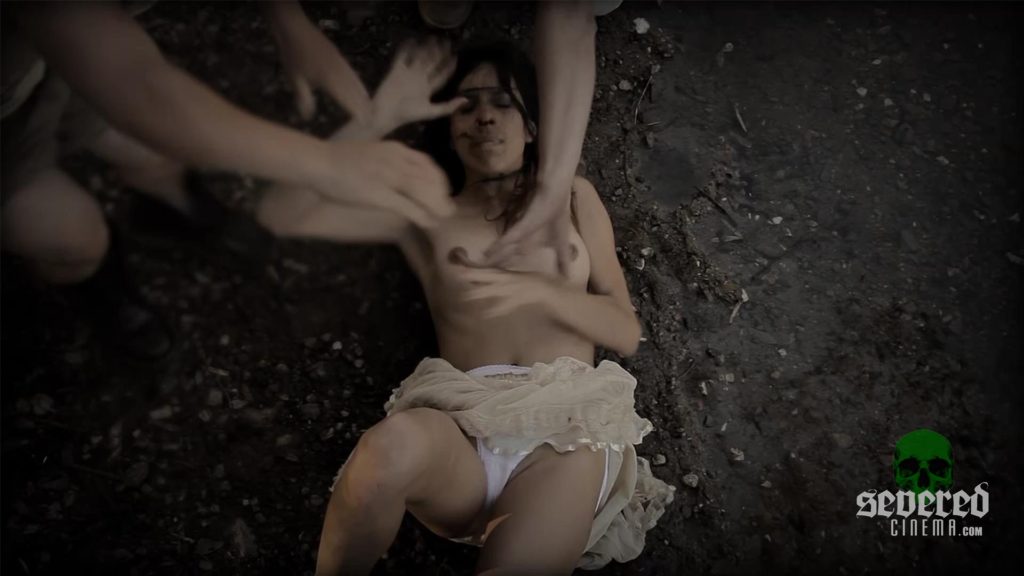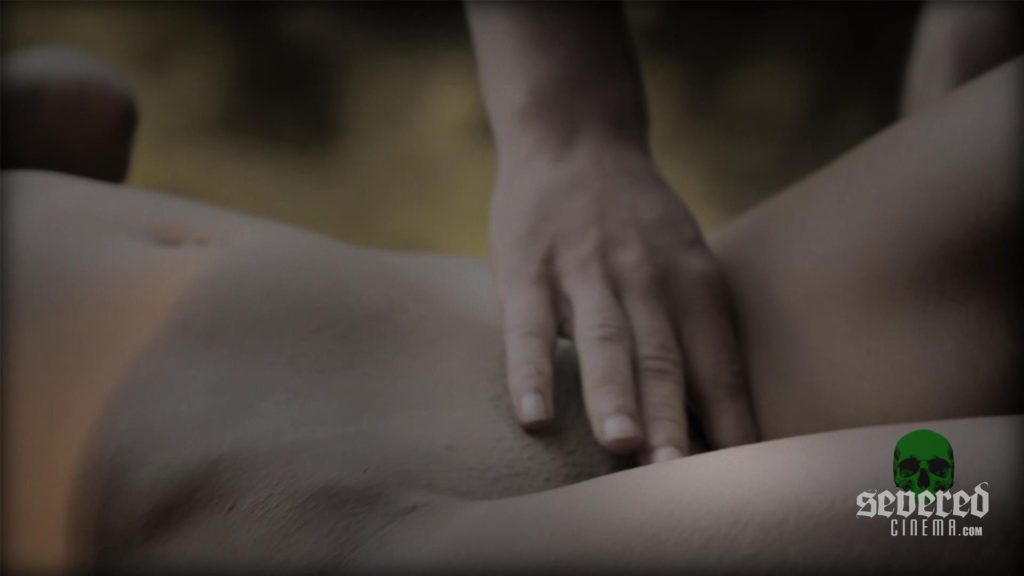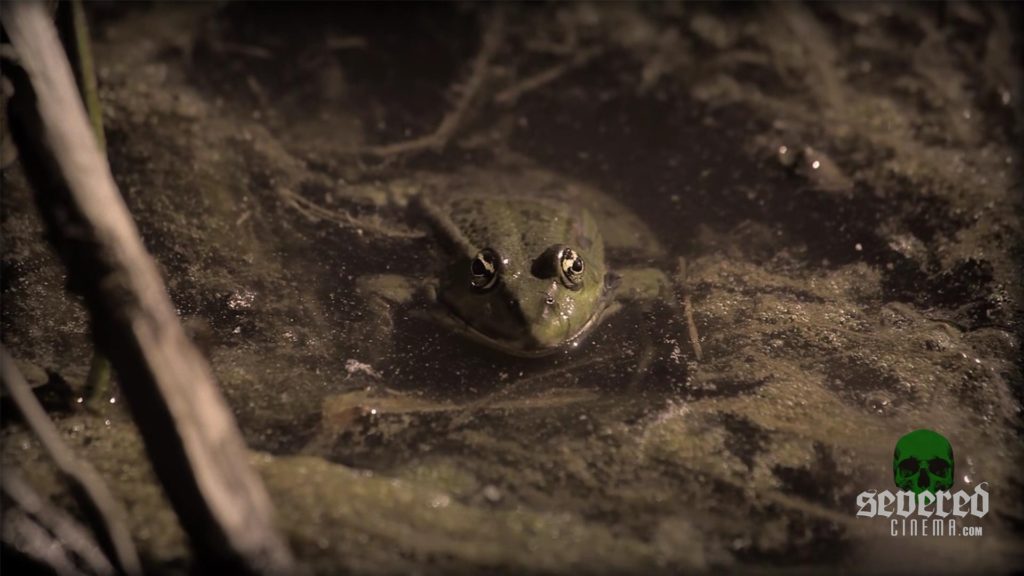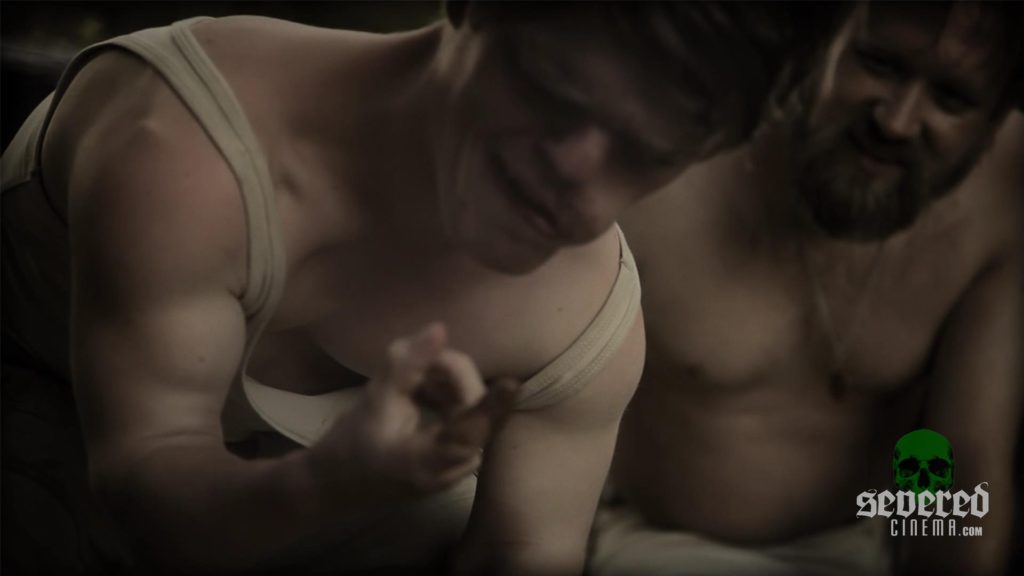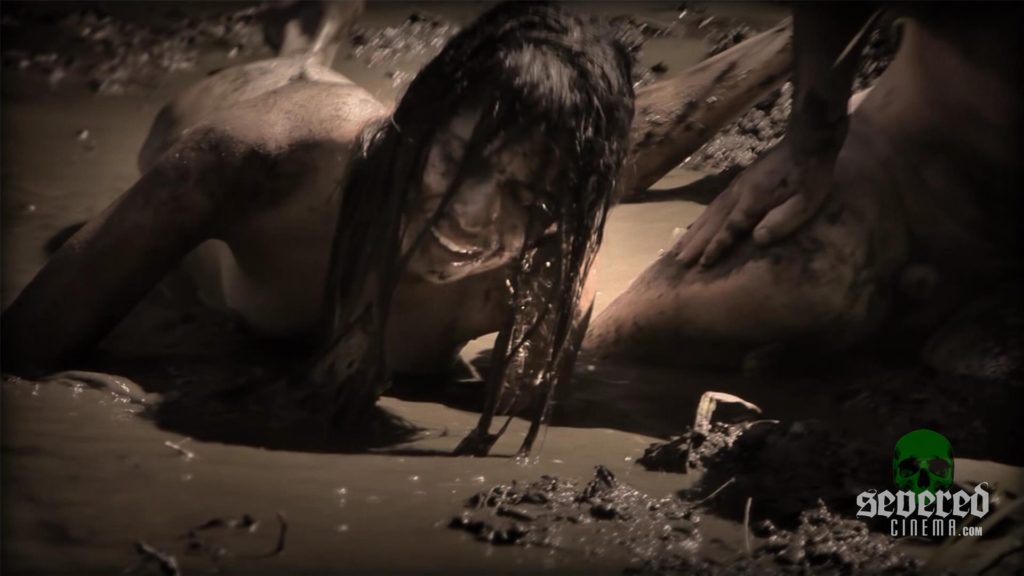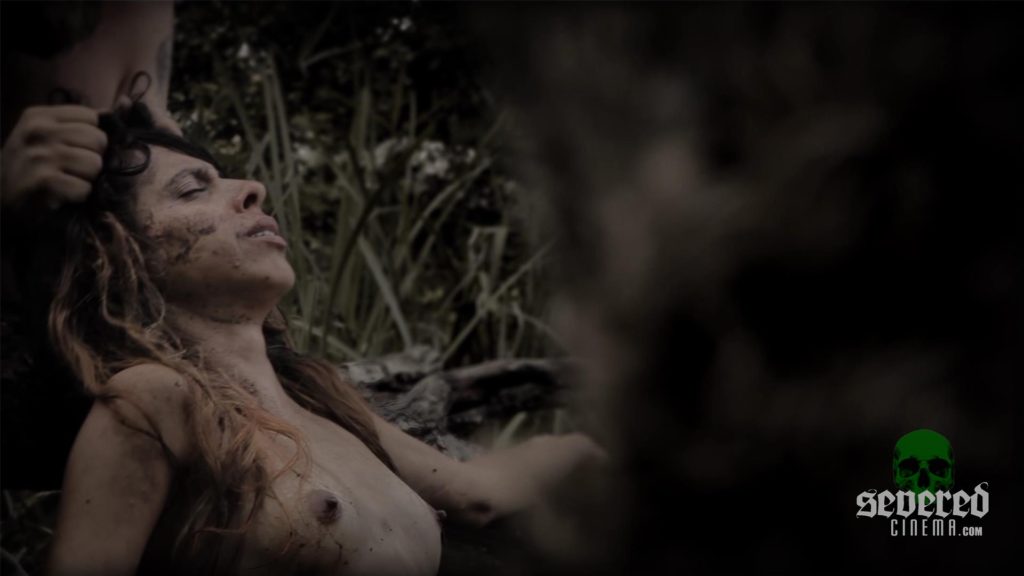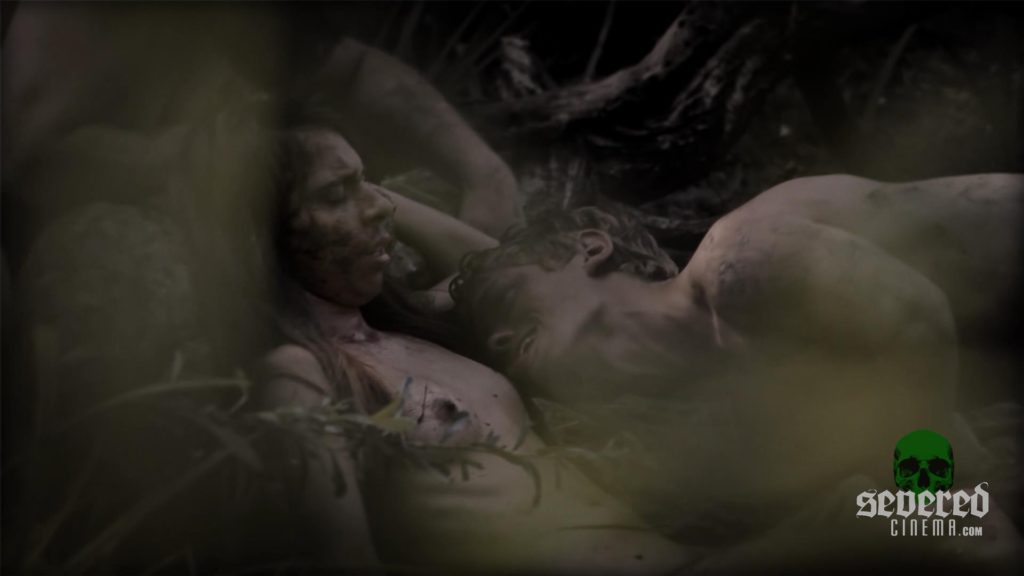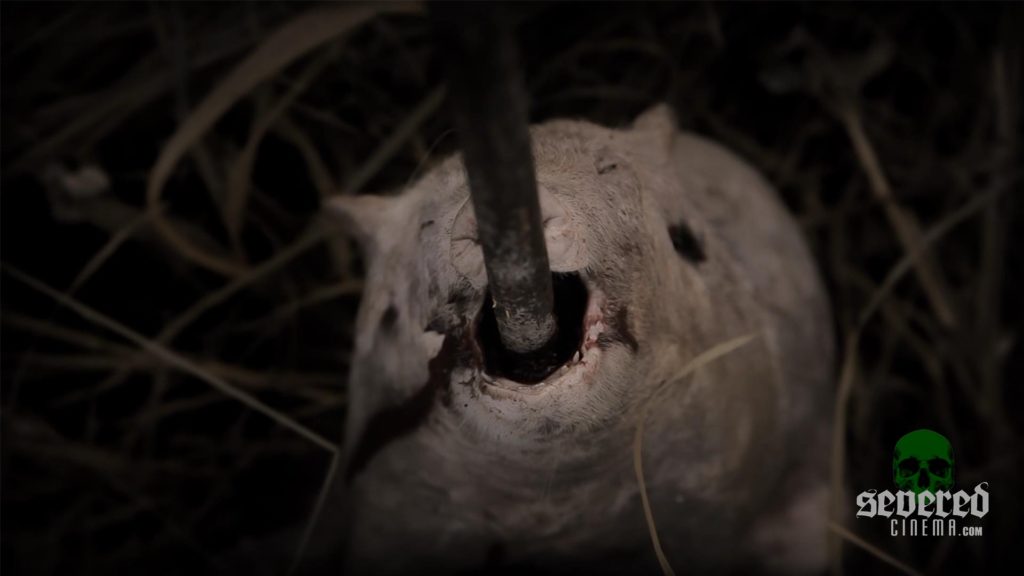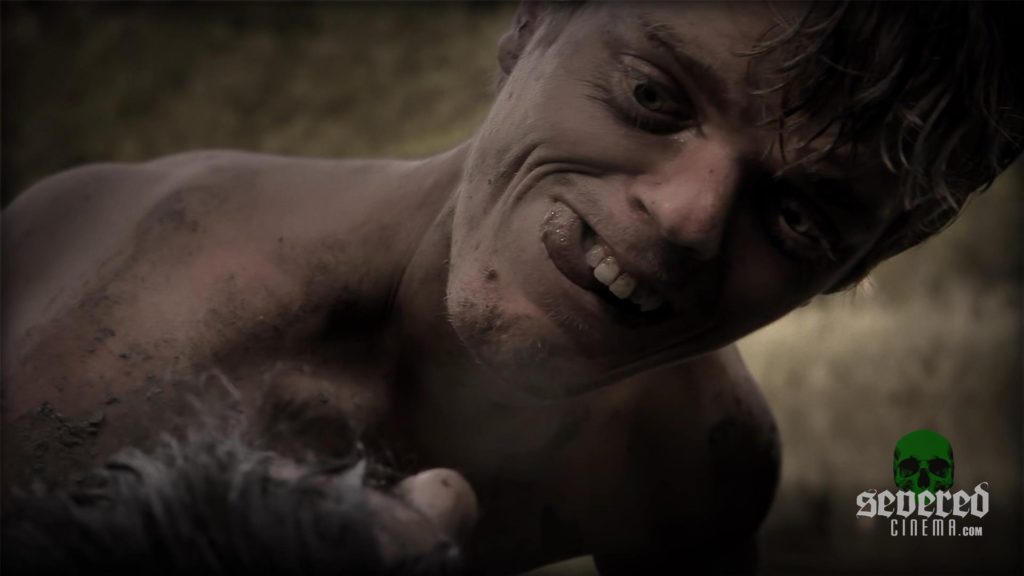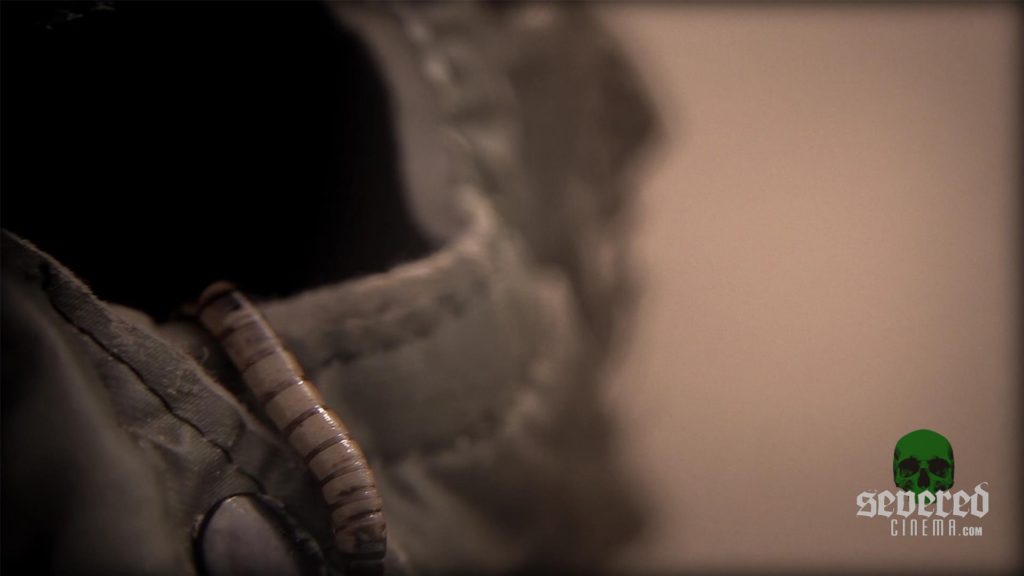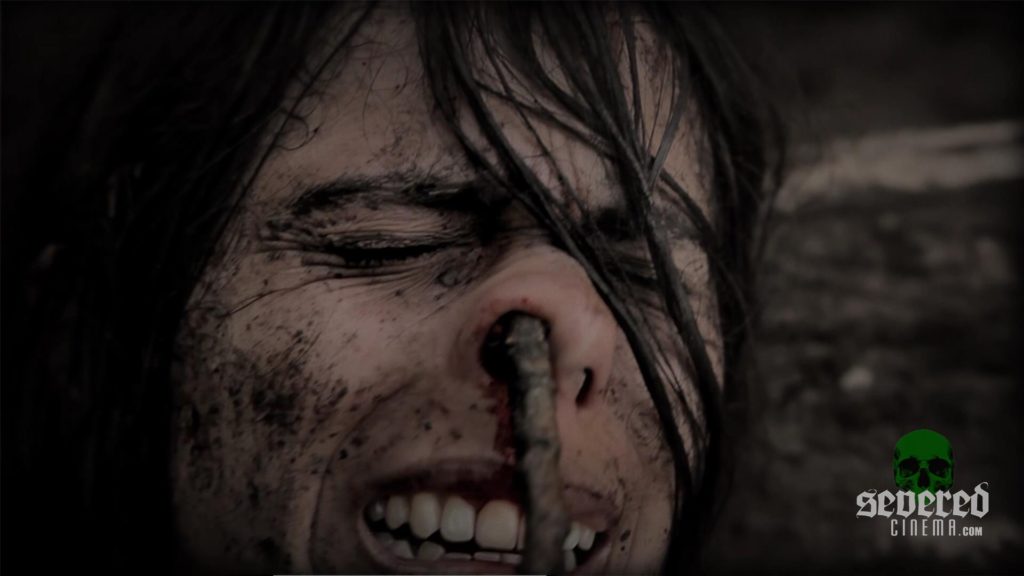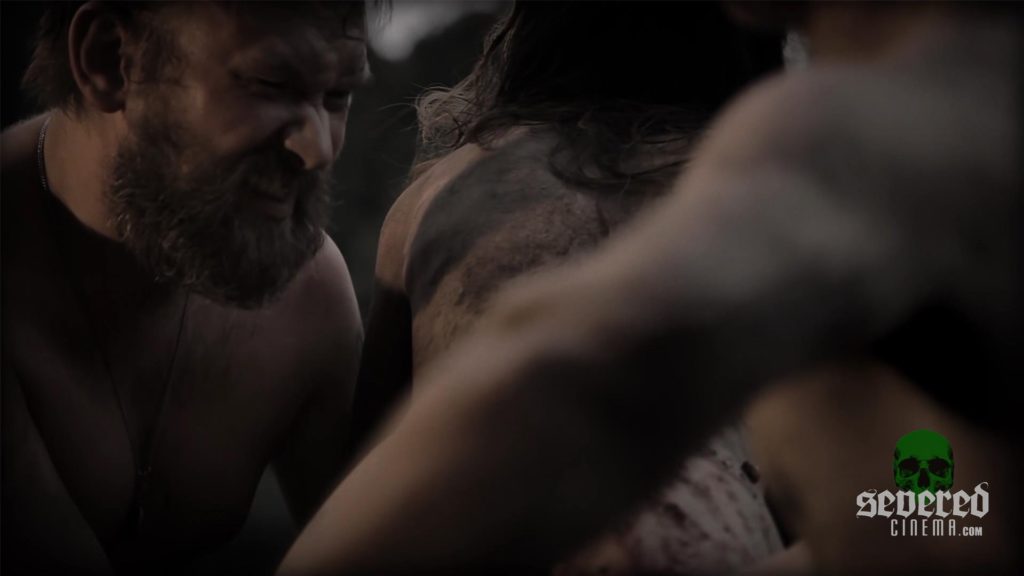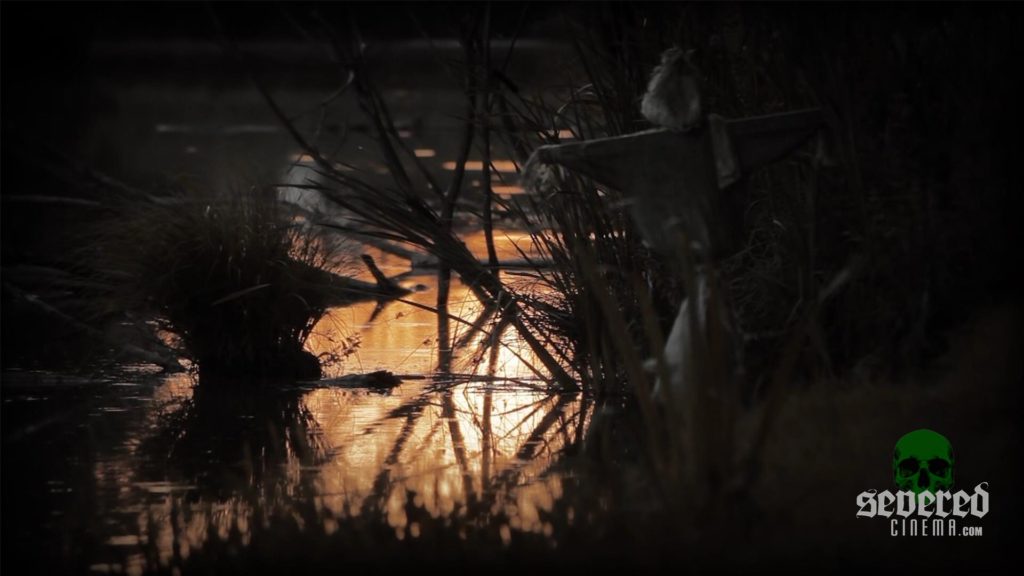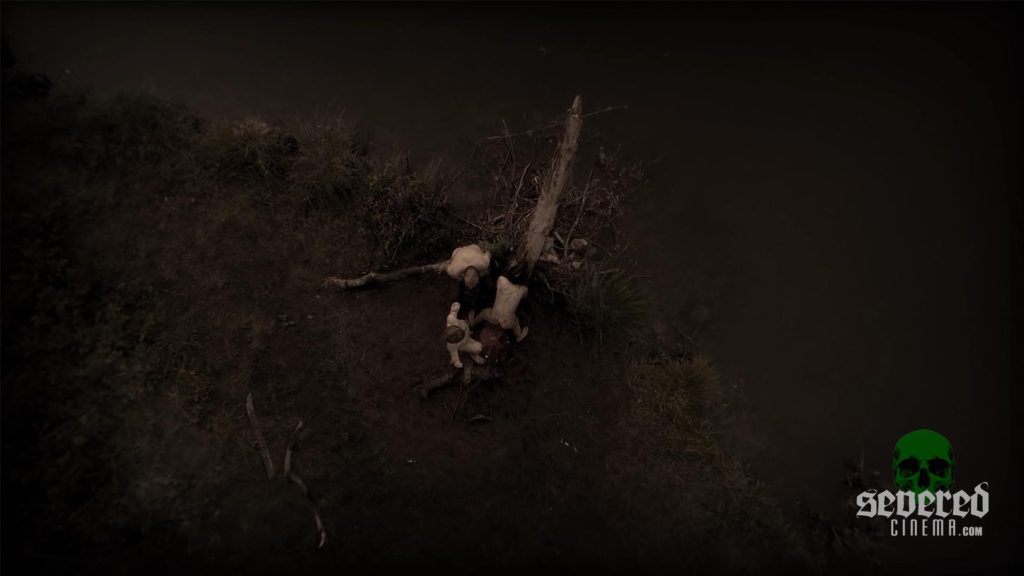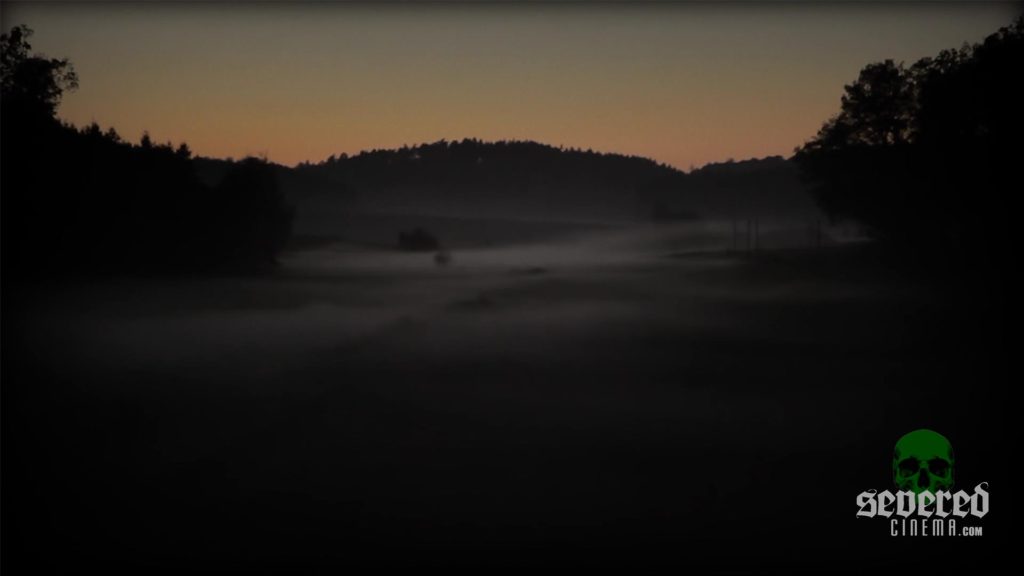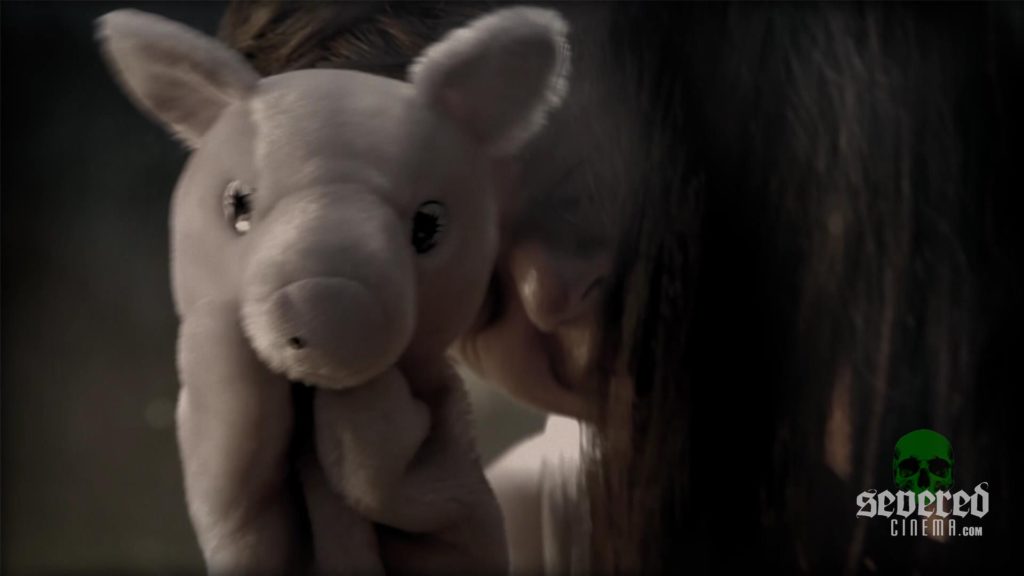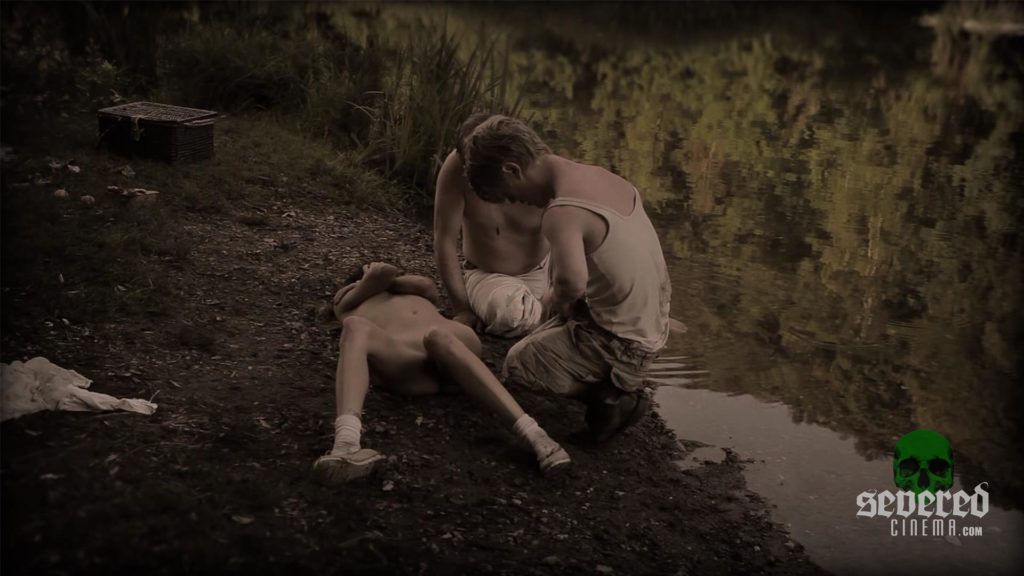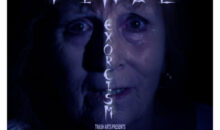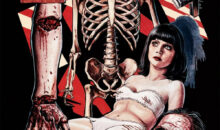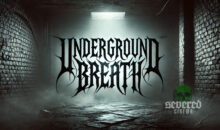The Yearning of Maria D. (Das Verlangen der Maria D.) and Blight of Humanity (Pesthauch der Menschlichkeit) Mediabook Review!
After such troublesome times with the distribution of these particular films from the powerhouse and maestro of extreme cinema that is Marian Dora, we’re now able to (if you’re one of the lucky ones to get a hold of the mediabook) view these films. It has been a huge wait especially for all the pious and passionate fans out there of such beautiful and hostile work. I say beautiful and hostile or either, shall I say, confrontational just due to the beguiling nature of the way of which Dora works in terms of cinematography and direction. Dora visualises some of the foulest and viscous acts in the most lucid and gorgeous ways; the soft lens and warm hues of each shot profoundly captures some of the worst scenes of cruelty and inhumanity. These two films, The Yearning of Maria D. (Das Verlangen der Maria D.) and Blight of Humanity (Pesthauch der Menschlichkeit), are portraits that incise into the surface of what we’d call the abyss, that abyss being a reflection of the barbarism that humanity is capable of. However, one film, being The Yearning of Maria D. is more of a vignette that focuses on the Danse Macabre of such an individual, the death and the maiden in reverse almost, Maria falls for the corpse of a man that she didn’t know whilst living, yet she transcends the aura of the corpse into an imaginary portrait of said deceased person whilst utilising an old photo of the male that she fantasises about. The corpse is the very embodiment of her desire and this is the very focus of the journey that we witness. So, let’s define The Yearning of Maria D. first and foremost…
The Yearning of Maria D. stands out being one of the most poetic out of all of Marian Dora’s filmography thus far. Here, he delves into his obsession with death, also like a marriage of some sort and also, perhaps, a love letter to death in its own right. Although not so much love but also of lust. Dora, here, really shows his romanticised depiction of death, almost revelatory in terms of his idealism and relationship with death, both poetically and philosophically. In relation of love with the corpse, idealistically, it is a reaction to loneliness. The lustful notions with the corpse possibly implies Dora’s relation with death itself. I’m noting here that Maria D. is a vehicle of Dora’s concepts (considering her name is somewhat close to his pseudonym). The lascivious acts with the deceased is a metaphor for the lack of fear with death for Dora, here he possibly implies to celebrate death instead of abnegating it — Dora denotes such scenes with fuck death; get aroused, feel it, touch it and make love to it — it’s not your enemy, for some, it’s the beginning, the physicality of something is just as much lovable as that of something with life.
Maria D., beautifully portrayed by Shivabel Coeurnoir and unfortunately, one of her last performances before her unpredicted demise. Shivabel really drives the film, carrying the character in full force with an unabashed grace. To simply define the premise is as follows; Maria takes a journey into the east, almost on a spiritual journey — visiting cemeteries and tombs, overlooking graves and bones, as if, looking for some kind of insightful meaning into the depths of death. The living surrounding her during her trip seem to be of an arbitrary existence to her as the catacombs, crypts and mausoleums deem more attractive and of a lot more interest. Maria becomes infatuated with a photo of a young male that is presented upon the grave. The obsession grows and results in her paying a man of questionable morals to retrieve the corpse of the young male. The man who happens to get hold of the dead male, performed with a stark and confronting presence by Marco Klammer interprets a fear of the outside world, a world that is distrusted by Maria D., also establishing some kind of complicated idea that she’s afraid of living people too, making one understand why Maria wants to confide with the corpus of a dead man. Maria begins to have a sexual interest with the remains, poetically narrating that she wants to expose herself to him (as if the dead man can see her, a possible acceptance of afterlife), the relationship evolves into something more than just exposing oneself but also of something more physical. Maria begins to share bodily fluids with the corpse, she licks the skull of the deceased, gyrates the decomposed entrails and fucks herself with the very fragments of the young male’s once active bones. The desire to gorge upon the physical elements of a person is almost of a cannibalised kind of love. Maria wants to own the body, she dominates something that is of a silent existence, something that doesn’t threaten her and due to these facts, she falls in love with it. However, the presence that resides in the outside world still haunts the loneliness of Maria. One exceptional and beautiful touch is when Maria looks out of the window and sees the characters from Pesthauch der Menschlichkeit meandering the fields nearby. Dora cleverly connects to the two films together, hence why these films have been released as a package, a conceptual marriage of two films, presenting two different ideas that relates to man and its inhumanity to man, yet still, Maria D. seems to be the odd one out in this requiem of duality. This is due to the fact of the poetic nature of the film, the nature is wonderfully orchestrated by the delivery of Shivabel’s dialogue, such words to design a somewhat romantic ode to death and necrophilia. The sound design is also interesting; the soundscape to Maria’s life is that of the ticking clock. The clocks tick maniacally in unison — the clock’s ticking could interpret the sound of life dissipating, each second becoming a sense of deterioration. Time is relevant and this is emphasised throughout. Maria’s desires grow incessantly in an unhealthy manner. The man from the outside world, the external threat of her existential dread is consistently and persistently gnawing at her, degrading her, making her feel as though she’s a criminal and for what? Falling in love with something that shouldn’t be acceptable? The man intrudes, rapes, and attacks Maria, probably due to envy of the corpus, however, the man isn’t able to produce an erection. He is in rage and probably due to his impotence. Could Dora be commenting on those that don’t find love become empty and full of violence? Maria’s love maybe unorthodox but she isn’t filled with vehemence because she has found her cause in life.
The Yearning of Maria D. is a powerful love letter to death, the climax of the film being one of the most divine and elegant sequences I’ve seen for some time. Her Danse Macabre in the literal sense, an orgiastic ballet as she faces the edge of death herself, dressed in urine, blood, and shit, the very fluids of life that also stain us during birth… How the film differs from its counterpart is that it has more of an existential feel about it, whereas Pesthauch is an allegory of nihilism in the most brutal sense. These two films are a dual litany of Dora’s work. A broad thesis on nihilist existentialism, so, let’s move onto his brutal film to date, Pesthauch Der Menschlichkeit.
Pesthauch Der Menschlichkeit (Blight of Humanity) opens to an appealing and exquisite shot of the countryside. Rural calmness, serenity, and tranquillity. Nature here, is of whispers that glide beyond the stain of man, co-inhabiting gracefully without judgement or disdain. The sun-kissed landscape is beautifully captured by Dora’s eye, it’s alluring and typically shot with his usual aesthetic; the soft gaze that was once utilised often by the brilliant Jess Franco. This style is now synonymous with Dora, it’s now his own signature style and part of the reason why so many fans adore his work. After numerous establishing shots of the rural area, three characters come into scene. Their relationships are of an ambiguous nature and never do we get to know their actual relations, however, this isn’t important. The most important figure here is symbolism. Yet, I do theorise in my own perception that the girl, Marietta (Marietta Fiori) has been abducted by the two male characters. She is of an obedient manner, subjugated by the dominant older male. Her character is of a passive nature, persistently picked upon by the dwarf, Verus (Johnatan Maria von Gross), that seems to have some kind of learning disability along with a challenging nature; impetuous, altruistic, and unfathomably apathetic that inevitably leads to an anarchic and frenzied activity. The older man, Frak (Jörg Wischnauski), advises Marietta to be despondent of him, shrug his actions off as he doesn’t understand what to respectfully do. Frak philosophically dictates to Marietta with a euthymic delivery about existence and Verus, the monologue/dialogue here is vastly absorbing and the shocking part is, you actually ‘like’ Frak from the start.
The two men enjoy themselves as they bathe in the lake, frivolously play amongst the grass, getting naked despite the uncomfortable looks of Marietta. Marietta doesn’t have any sense of matriarchy, no control, beautiful yet empty, vulnerable, and introverted — this is a magnetic trend that Verus picks up on. This is something he can manipulate, yet Frak shall only despondently watch his vicious ways even though Verus doesn’t understand his own violence… or does he? The symbolism here, in terms of characters, depict something that Dora has always morbidly been interested in. Frak could be the political figure; man of artificial wisdom so to speak, a man who carries intelligence with a nonchalance yet has no morals and isn’t afraid to delve into his own perverted desires. This is where Verus comes in, Verus is his vehicle for said indecent desires, Frak would not act, however take great pleasure in watching. Verus isn’t knowledgeable of said morals nor does he know the concept of them. Verus is the very nature of nihilism, the inhumanity of man! Verus could also be symbolised as cruelty or blight of humanity, destruction without conscience,
disenfranchised and detached from society — his only learnings being the killing of animals on a farm nearby, hence, what he does to Marietta with a violent curiosity. Verus is at times with harmony where he, at times, hugs Marietta and somewhat acknowledges her difference (in terms of sexuality) to Frak. Perhaps there is a matriarchal respectability here, Verus identifies with her to be something of a kind and gentle person, although, underneath, Verus is a man that is of pure repugnance that has the wanton desire to degrade her because she is of beauty unlike he is. After their afternoon frivolities in the country, Verus decides to (with a destructive curiosity) pick on Marietta. Dora directs with an intelligent coldness; Dora doesn’t even act as a voyeur here (that’s Frak), nor does he create any sense of sympathy for Marietta but this is the sheer external viewpoint that Pasolini had whilst directing Salò, or the 120 Days of Sodom back in 1975. There isn’t an inch of moral ambiguity or any sense of morality even. Dora depicts the degradation of man without judgement and nor is it a judgement.
Verus plays with Marietta like a Freudian simian; penetrating her anus with sticks, investigating her pelvic area like a child, yet aroused but unsure as to why one would be so aroused. This knowledge or lack thereof becomes his own rage, a rage which he acts upon Marietta with a childish and evil demeanour, yet, evil isn’t the question here, nor is morality, perhaps mores, it’s the banality of evil that is at question here. Verus is naturally a man of what he perceives, he is not in servitude of societal values (nor does he wish to conform, after all, he isn’t capable of that). Marietta is his punching bag, symbolising maternalism with pride, a pride that passes anything Verus does to her with some kind of malignant arrogance. Frak tries to excuse his actions with just the passive notions of “don’t mind him, he doesn’t know what he’s doing” kind of shrug. She falls prey to Verus’s vile interrogation of her anatomy. Her shit smelling just like his yet, with a discerning attitude, Verus continues to abuse Marietta because she is different. Frak, the viewer of such atrocity, watches with glee. Marietta’s demise is appalling and a very difficult watch which makes Cannibal Holocaust look like children’s TV. Whether such act and scene is a homage to Cannibal Holocaust isn’t certain, it definitely evokes that initial idea to most pious horror viewers. After the impalement, we then witness scenes of such horror that includes possible animal abuse. The abuse isn’t just for shock (I feel), I felt that it was important to try and understand the backgrounds of the murderers. They’re from a farmyard, possibly brought up there and for most of their lives they have been killing animals for profit and of course, pleasure. So, what would the difference be for Verus and Frak to a kill a human being? It’s all the same, is it not? The way Verus abuses Marietta, is significant to the way such animals are abused and killed.
The troubling scenes are not for the faint of heart. They provoke and assault all senses; this is Dora on steroids. Melancholie Der Engel is just the basis for such pessimistic adversity. Dora engulfs oneself in a malaise of such nastiness but prevails in questioning the acts of human beings, whether arbitrary or depraved. Debatably, Verus’s actions are arbitrary because what he’s doing isn’t something that’s necessarily ‘wrong’ because we focus on the abuse of Marietta in the eyes of Verus. Frak is worse as he watches such horrendous acts like it were to be prime time entertainment. All three characters depict the very worse in the nature of man. Hence, the blight of humanity.
The composition of the beauty with nature and the countryside, alongside the depravity between the three characters almost makes the sadism palpable due to the fantastic aesthetic of Dora’s camerawork. All performers here, play their parts so well with such a deranged authenticity. The concepts within the film drives the film well; we could call Marian Dora being the philosopher of horror that documents ‘true’ horror that all lies within us. Such ‘true’ horror never wears masks, nor do they rise from the grave. It’s all in us, the human condition as to which Dora does so well with a fine and bloodied scalpel — the scalpel being an invasive and unapologetic camera. Both films in their fine presentation, offer two scopes of man: the existential dread of desire and the nihilism of brutality and abuse. The two films both parade in the filth of death, whether adorning or committing death, they make a beautiful couple that should be watched one after another, doesn’t matter the arrangement. The direction in both films are perfection and Dora definitely gets his performers to deliver incredibly powerful scenes that involves some of the most ferocious and repugnant scenes in horror to date.
The 5-disc limited edition mediabook comes in a fine package, including a booklet about said productions by Martin Beine, albeit in German. I’m sure it’s a fine manifesto relating to the films and hopefully one day, it shall be translated for those who don’t know the German language. The extras also contain deleted scenes, interviews, short documentaries about the filming of both features which are immensely interesting and a music video for one of the songs from The Yearning of Maria D. edited using footage from the film, it’s quite beautiful. The Blu-Ray print of these films are somewhat perfect; it makes Dora’s cinematography even more embellished and sublime, infuses the hues and colours with more vibrancy — misty scenes of depravity with clarity is all you need whilst watching films by Marian Dora. The mediabook also comes with DVD copies of the films, just in case you have some alternative platform for a viewing device. It’s encased with a hardback-like feel, the whole package has been produced better than most mainstream distributors, so credit to those who have finally made this a possibility, a wonderful effort all round and for Dora, I just don’t know how he’ll top these films, but the man has many tricks up the fucked-up yet incredible sleeve.
Das Verlangen der Maria D.
AKA: The Yearning of Maria D.
Directed by: Marian Dora
Written by: Marian Dora
Produced by: Cornelio Gisella, Patrick Templin, René Wiesner
Cinematography by: Marian Dora
Editing by: Marian Dora
Music by: Marian Dora, Claudio Scalia
Cast: Shivabel Coeurnoir, Marco Klammer, Marietta Fiori, Johnatan Maria von Gross, Jörg Wischnauski
Year: 2018
Country: Germany
Language: German (English Subtitles)
Colour: Colour
Runtime: 1h 17min
Studio: Biofilm
Distributor: MTM
Pesthauch der Menschlichkeit
AKA: Blight of Humanity
Directed by: Marian Dora
Written by: Marian Dora
Produced by: Patrick Templin
Cinematography by: Marian Dora
Editing by: Marian Dora
Music by: Marian Dora
Cast: Marietta Fiori, Johnatan Maria von Gross, Jörg Wischnauski
Year: 2018
Country: Italy
Language: German (English Subtitles)
Colour: Colour
Runtime: 1h 17min
Studio: Biofilm
Distributor: MTM
BLU-RAY SPECS:
Aspect Ratio: 1.78:1 1080p MPEG-4 AVC
Region: Region Free
Audio: German: Dolby Digital 5.1, German: Dolby Digital 2.0
SUPPLEMENTAL MATERIAL:
– Shooting underground-An interview with Gustav Ljungdahl (approx. 20 mins)
– Tribute to inhumanity-An interview with Jörg Wischnauski (approx. 20 mins)
– There was no production-A conversation with Stefan Walther (approx. 20 mins)
– Deleted Scenes
– Short film
– Tenebrarum booklet by Martin Beine
– 2 mini posters
– Strictly limited to 666 copies


